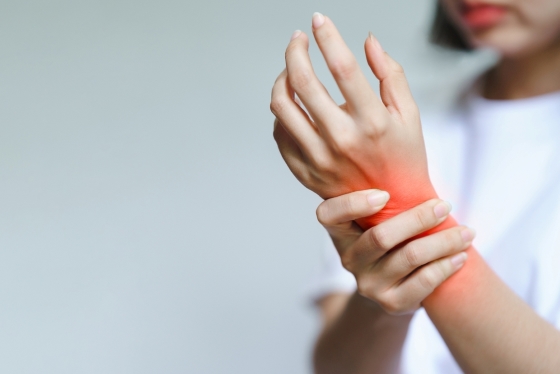Workshops
The workshop aims to focus on an integrated and holistic approach to oncology patient care. Participants will learn to understand not only the medical aspects of the disease, but also the psychological, social and emotional impact of cancer on patients. The topics discussed in the workshop are: Empathic Communication: How to communicate effectively and empathetically with cancer patients and their families; Managing Stress and Burnout: How to cope with the stress of caring for oncology patients and how to prevent burnout in the medical field; Psychological Support: The importance of psychological support for cancer patients and ways to provide it; Nutrition and Lifestyle: The role of nutrition and healthy lifestyle in supporting patients during treatment and recovery; Rehabilitation and Quality of Life: How to improve the quality of life of cancer patients through rehabilitation programs and appropriate support.
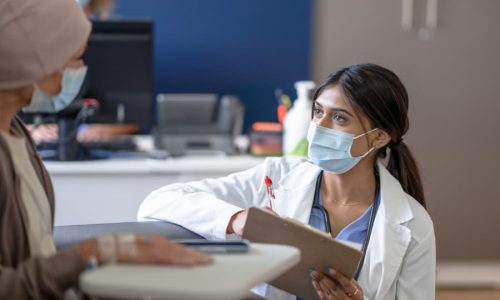
The purpose of the workshop „The degree of microbial contamination of objects before and after the use of various agents with antiseptic properties” is to evaluate the effectiveness of antiseptic substances used in medical practice before and after the treatment of various objects and hands.
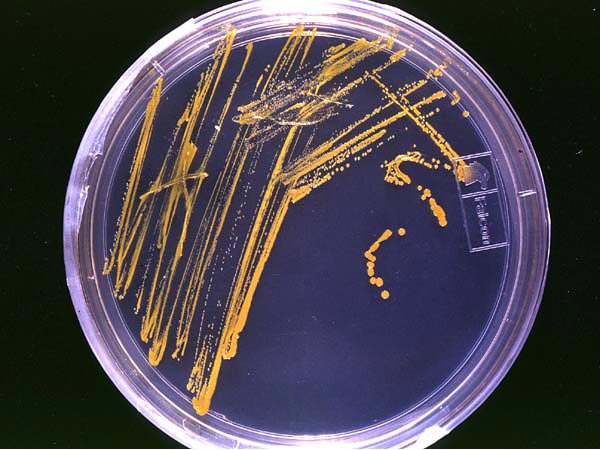
The "Insight into the Eyes: Exploring Ophthalmoscopy for Diagnostic Precision" workshop offers participants the opportunity to understand and improve their skills in using ophthalmoscopy for the diagnosis and management of eye conditions. This workshop is intended for ophthalmologists, ophthalmology residents, and other healthcare professionals who wish to enhance their knowledge in eye examination.
Participants will be guided through an exploration journey of ophthalmoscopy techniques, starting from basic concepts and proper ophthalmoscope usage techniques to interpreting results and diagnosing various eye conditions. They will learn to recognize the characteristic signs and symptoms of common eye conditions such as diabetic retinopathy, macular degeneration, and glaucoma.
Through interactive lectures, practical demonstrations, and case discussions, participants will acquire essential knowledge about eye anatomy and understand how different eye conditions affect ocular structures. They will also have the opportunity to practice ophthalmoscopy under the guidance of experts and receive feedback to improve their skills.
Additionally, the workshop will address aspects related to managing ophthalmoscopic equipment and effectively communicating with patients during eye examinations. The ultimate goal of this workshop is to prepare participants to use ophthalmoscopy effectively in their clinical practice, thereby contributing to the improvement of the diagnosis and management of eye conditions and enhancing the eye health of patients.
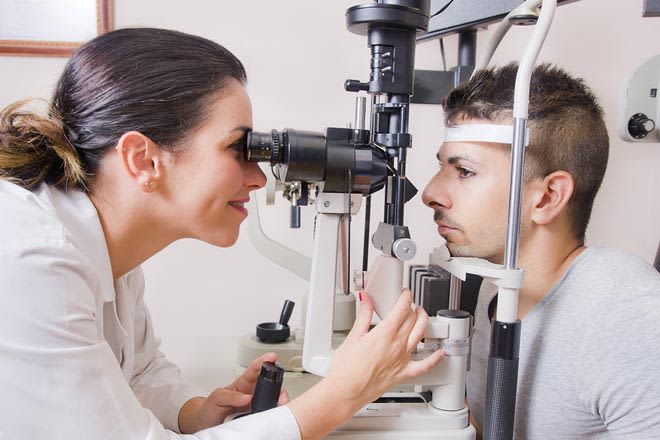
The "Laparoscopy Unveiled: Immersive Simulation for Surgical Skill Enhancement" workshop offers participants an immersive learning experience aimed at enhancing their skills in laparoscopic surgery. This workshop is designed for surgeons, surgical residents, and medical professionals seeking to improve their proficiency in minimally invasive surgical techniques.
Participants will engage in hands-on simulation exercises using laparoscopic training models and virtual reality simulators. Under the guidance of experienced faculty, they will learn and practice essential laparoscopic skills such as camera navigation, tissue manipulation, dissection, suturing, and knot tying.
Through interactive demonstrations, case-based discussions, and personalized feedback, participants will gain insights into advanced laparoscopic procedures and techniques. They will also learn about patient positioning, trocar placement, and intraoperative troubleshooting, all essential aspects of successful laparoscopic surgery.
Moreover, the workshop will focus on team dynamics, communication, and coordination in the operating room, emphasizing the importance of effective teamwork in achieving optimal surgical outcomes.
By the end of the workshop, participants will have honed their laparoscopic skills and gained confidence in performing minimally invasive procedures. They will be better equipped to tackle challenges encountered during laparoscopic surgery and deliver high-quality patient care.

The "Bronchoscopy: Navigating the Airways for Diagnostic Insight" workshop provides participants with the opportunity to learn and improve their skills in using bronchoscopy for the diagnosis and management of respiratory conditions. This workshop is designed for specialists in pulmonology, thoracic surgery, anesthesia, and other related specialties who use bronchoscopy in their clinical practice.
Participants will explore the principles and techniques of bronchoscopy, including patient preparation, bronchoscope insertion techniques, and manipulation within the airways. They will learn about the indications and contraindications of the procedure, as well as the identification and management of potential complications.
Through interactive lectures, case discussions, and practical sessions, participants will gain essential knowledge about interpreting bronchoscopic images and using them in the diagnosis of various respiratory conditions, such as tumors, infections, lesions, and strictures.
Additionally, the workshop will address important aspects related to the care and sterilization of bronchoscopic equipment, as well as the safe handling of contrast agents and other agents used during the procedure.
By the end of the workshop, participants will have a deeper understanding of bronchoscopy and will be prepared to use this technique effectively and safely in their clinical practice, thereby contributing to the improvement of the diagnosis and management of respiratory conditions.
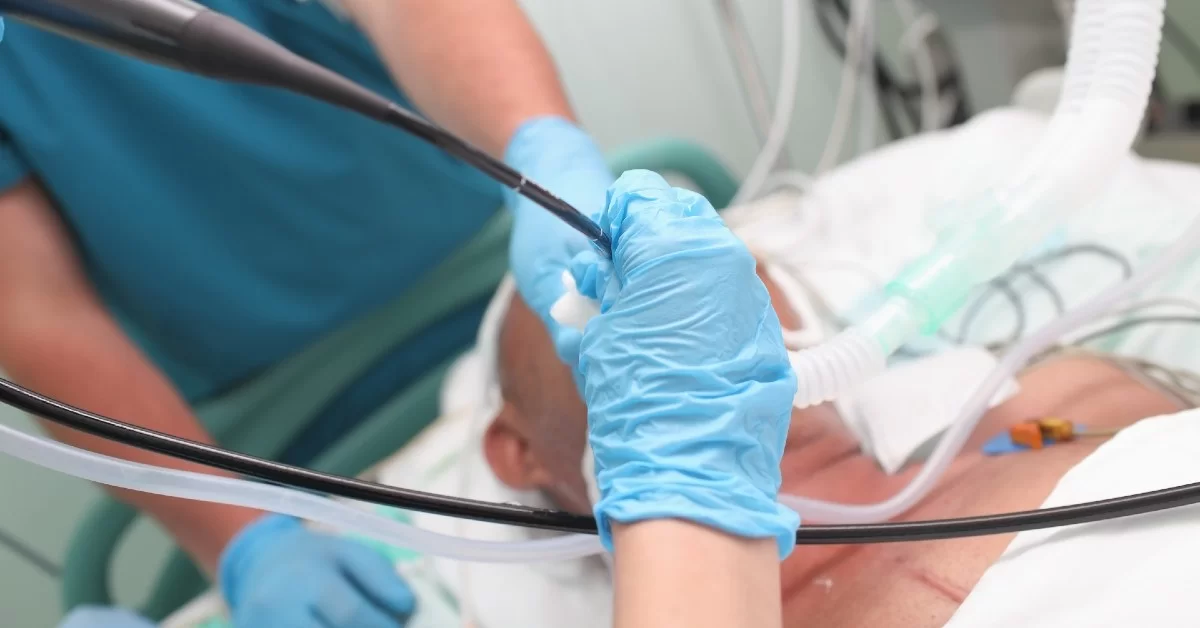
The "Bronchoscopy: Navigating the Airways for Diagnostic Insight" workshop provides participants with the opportunity to learn and improve their skills in using bronchoscopy for the diagnosis and management of respiratory conditions. This workshop is designed for specialists in pulmonology, thoracic surgery, anesthesia, and other related specialties who use bronchoscopy in their clinical practice.
Participants will explore the principles and techniques of bronchoscopy, including patient preparation, bronchoscope insertion techniques, and manipulation within the airways. They will learn about the indications and contraindications of the procedure, as well as the identification and management of potential complications.
Through interactive lectures, case discussions, and practical sessions, participants will gain essential knowledge about interpreting bronchoscopic images and using them in the diagnosis of various respiratory conditions, such as tumors, infections, lesions, and strictures.
Additionally, the workshop will address important aspects related to the care and sterilization of bronchoscopic equipment, as well as the safe handling of contrast agents and other agents used during the procedure.
By the end of the workshop, participants will have a deeper understanding of bronchoscopy and will be prepared to use this technique effectively and safely in their clinical practice, thereby contributing to the improvement of the diagnosis and management of respiratory conditions.

"Mastering Airway Management: Techniques, Tips, and Troubleshooting" workshop is designed to provide participants with a comprehensive understanding and practical skills in managing airways effectively. This workshop is essential for healthcare professionals, particularly those working in emergency medicine, anesthesia, intensive care, and pre-hospital care, where efficient airway management is crucial for patient outcomes.
The workshop covers a wide range of topics, including basic airway anatomy and physiology, assessment of airway difficulties, selection and use of appropriate airway devices, techniques for airway establishment (such as intubation, supraglottic airway insertion, and surgical airway), and management of airway emergencies and complications.
Through a combination of didactic lectures, hands-on simulations, and case-based discussions, participants will gain practical insights into various airway management techniques. They will learn about the latest advancements in airway devices and technologies, as well as strategies for troubleshooting common problems encountered during airway management procedures.
Moreover, the workshop emphasizes the importance of teamwork, communication, and interdisciplinary collaboration in ensuring successful airway management. Participants will have the opportunity to practice these skills in simulated scenarios, enhancing their ability to work effectively in high-pressure situations.
By the end of the workshop, participants will have acquired the knowledge, skills, and confidence necessary to manage airways competently and safely in a variety of clinical settings. They will be better equipped to handle airway emergencies and optimize patient outcomes through effective airway management techniques.
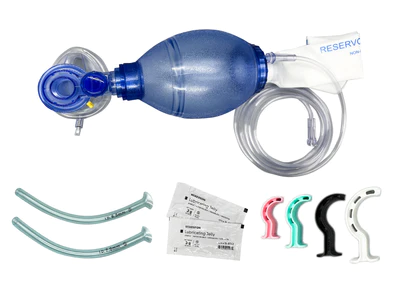
"Mastering Airway Management: Techniques, Tips, and Troubleshooting" workshop is designed to provide participants with a comprehensive understanding and practical skills in managing airways effectively. This workshop is essential for healthcare professionals, particularly those working in emergency medicine, anesthesia, intensive care, and pre-hospital care, where efficient airway management is crucial for patient outcomes.
The workshop covers a wide range of topics, including basic airway anatomy and physiology, assessment of airway difficulties, selection and use of appropriate airway devices, techniques for airway establishment (such as intubation, supraglottic airway insertion, and surgical airway), and management of airway emergencies and complications.
Through a combination of didactic lectures, hands-on simulations, and case-based discussions, participants will gain practical insights into various airway management techniques. They will learn about the latest advancements in airway devices and technologies, as well as strategies for troubleshooting common problems encountered during airway management procedures.
Moreover, the workshop emphasizes the importance of teamwork, communication, and interdisciplinary collaboration in ensuring successful airway management. Participants will have the opportunity to practice these skills in simulated scenarios, enhancing their ability to work effectively in high-pressure situations.
By the end of the workshop, participants will have acquired the knowledge, skills, and confidence necessary to manage airways competently and safely in a variety of clinical settings. They will be better equipped to handle airway emergencies and optimize patient outcomes through effective airway management techniques.

The Workshop on Diagnostic Methods in Gynecology offers a comprehensive learning experience designed to enhance participants' understanding and proficiency in the diagnostic techniques used in the field of gynecology. This workshop provides an in-depth exploration of various diagnostic modalities and their applications in the evaluation and management of gynecological conditions. Through a combination of didactic lectures, interactive discussions, and hands-on practical sessions, participants will gain practical insights into the use of diagnostic tools such as ultrasound imaging, colposcopy, hysteroscopy, and cytology. The workshop will cover the principles of each diagnostic method, indications for their use, interpretation of findings, and implications for patient care. Moreover, participants will have the opportunity to refine their skills in performing diagnostic procedures under the guidance of experienced faculty members. Case-based discussions and simulation exercises will allow participants to apply their knowledge in real-world clinical scenarios and develop confidence in their diagnostic abilities. In addition to technical skills, the workshop will address important considerations related to patient communication, ethical practices, and interdisciplinary collaboration in gynecological diagnosis. Participants will also learn about emerging technologies and advancements in diagnostic techniques, ensuring they stay abreast of the latest developments in the field. This workshop is intended for obstetricians, gynecologists, residents in training, and other healthcare professionals involved in the care of women's health. By participating in this workshop, participants will acquire the knowledge and skills necessary to perform accurate and effective diagnostic evaluations in gynecology, ultimately improving patient outcomes and quality of care.
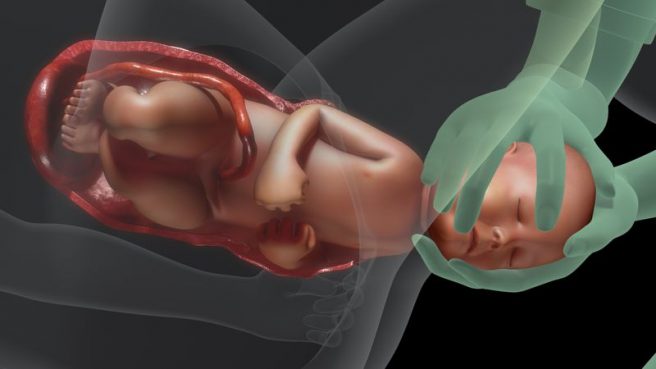
The "Birth Simulation: Bridging Theory and Practice for Safe Deliveries" workshop provides participants with an interactive and educational experience designed to enhance their skills and understanding in the birthing process. This workshop offers a practical and comprehensive approach to preparing medical professionals for managing safe deliveries.
Through a combination of theoretical lectures, interactive discussions, and practical sessions, participants will be guided through a journey that begins with a theoretical understanding of the birthing process and extends to the practical application of knowledge in a simulated environment. They will have the opportunity to familiarize themselves with different scenarios and potential complications encountered during childbirth and learn how to manage them efficiently and safely.
Through realistic simulations and training scenarios, participants will be able to practice their communication, decision-making, and medical intervention skills in a controlled and non-threatening environment. They will also benefit from feedback and guidance from experienced faculty in obstetrics and gynecology.
This workshop will also focus on the non-technical aspects of childbirth management, such as communication with patients and their families, ethics in medical practice, and teamwork. The ultimate goal of this workshop is to prepare participants to become more confident and prepared to provide safe and effective assistance during deliveries, thereby contributing to the improvement of maternal-fetal outcomes and the overall childbirth experience for all parties involved.

The Workshop on Diagnostic Methods in Gynecology offers a comprehensive learning experience designed to enhance participants' understanding and proficiency in the diagnostic techniques used in the field of gynecology. This workshop provides an in-depth exploration of various diagnostic modalities and their applications in the evaluation and management of gynecological conditions.
Through a combination of didactic lectures, interactive discussions, and hands-on practical sessions, participants will gain practical insights into the use of diagnostic tools such as ultrasound imaging, colposcopy, hysteroscopy, and cytology. The workshop will cover the principles of each diagnostic method, indications for their use, interpretation of findings, and implications for patient care.
Moreover, participants will have the opportunity to refine their skills in performing diagnostic procedures under the guidance of experienced faculty members. Case-based discussions and simulation exercises will allow participants to apply their knowledge in real-world clinical scenarios and develop confidence in their diagnostic abilities.
In addition to technical skills, the workshop will address important considerations related to patient communication, ethical practices, and interdisciplinary collaboration in gynecological diagnosis. Participants will also learn about emerging technologies and advancements in diagnostic techniques, ensuring they stay abreast of the latest developments in the field.
This workshop is intended for obstetricians, gynecologists, residents in training, and other healthcare professionals involved in the care of women's health. By participating in this workshop, participants will acquire the knowledge and skills necessary to perform accurate and effective diagnostic evaluations in gynecology, ultimately improving patient outcomes and quality of care.
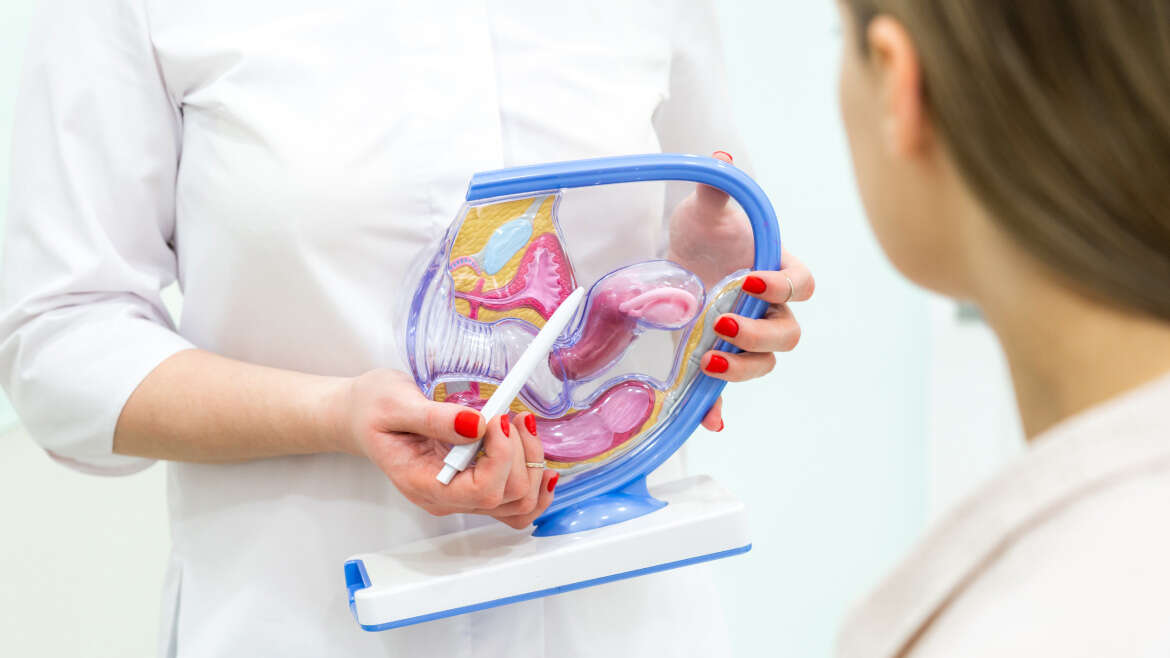
The Workshop on Coronary Angiography offers an immersive learning experience designed to enhance participants' understanding and proficiency in this essential diagnostic procedure. This workshop provides a comprehensive overview of the principles, techniques, and clinical applications of coronary angiography.
Through a combination of didactic lectures, case discussions, and hands-on practice sessions, participants will learn how to perform coronary angiography effectively and interpret angiographic images accurately. The workshop covers various aspects of the procedure, including patient selection, vascular access, catheter manipulation, contrast administration, and image acquisition.
Moreover, participants will gain insights into the interpretation of angiographic findings and the significance of coronary artery anatomy in the context of coronary artery disease (CAD). Emphasis will be placed on recognizing common angiographic patterns associated with different types of CAD and understanding their clinical implications.
In addition to technical skills, the workshop will address important considerations related to patient safety, radiation protection, and procedural complications. Participants will also have the opportunity to discuss challenging cases and receive guidance from experienced faculty members.
This workshop is intended for interventional cardiologists, cardiac surgeons, fellows in training, and other healthcare professionals involved in the care of patients with cardiovascular disease. By attending this workshop, participants will acquire the knowledge and skills necessary to perform coronary angiography competently and contribute to improved patient outcomes in the management of CAD.
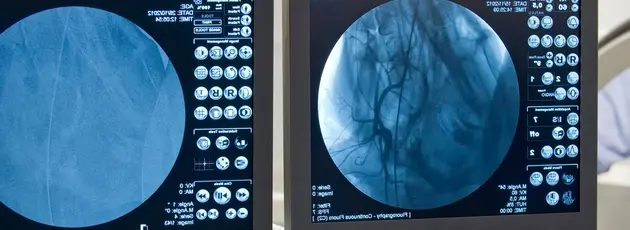
This workshop provides comprehensive training on the insertion of catheters and tubes, covering both theory and hands-on practice. Participants will learn essential techniques for safely and effectively inserting various types of catheters and tubes, including central venous catheters, urinary catheters, and chest tubes. Through interactive sessions, participants will gain a thorough understanding of the anatomy, indications, contraindications, and complications associated with catheter and tube insertion. Experienced instructors will demonstrate best practices and provide personalized guidance to ensure participants develop the necessary skills and confidence to perform these procedures competently. Whether you are a novice or experienced healthcare professional, this workshop offers valuable insights and practical knowledge essential for delivering high-quality patient care.

"The Specificities in Imaging Diagnosis of Rare Fractures of the Radiocarpal Joint in Children Workshop" aims to provide participants with specialized knowledge and skills in diagnosing uncommon fractures affecting the radiocarpal joint in pediatric patients. Participants will explore the nuances of imaging techniques, including X-rays, CT scans, and MRI, in identifying and accurately diagnosing these rare fractures. Through case presentations, interactive discussions, and hands-on practice, participants will enhance their ability to recognize and interpret radiographic findings associated with rare fractures of the radiocarpal joint in children. This workshop is designed to improve the diagnostic accuracy and confidence of healthcare professionals involved in pediatric musculoskeletal imaging, ultimately leading to better patient outcomes.
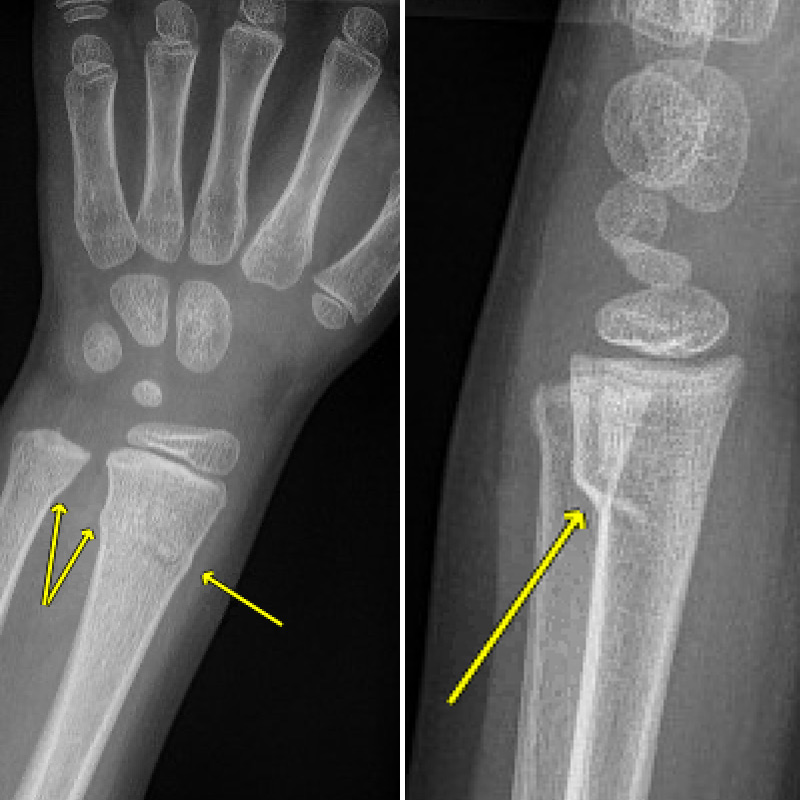
"The Surgical Treatment of Infected and Chronic Wounds Workshop" is designed to provide participants with a comprehensive understanding of the strategies and techniques used in the surgical management of this type of wounds. Participants will explore various aspects of surgical wound management, including proper assessment and diagnosis, selection of appropriate surgical interventions, and adequate suturing techniques. Through interactive presentations, practical demonstrations, and case studies, participants will have the opportunity to learn efficient surgical approaches to successfully treat infected and chronic wounds. The aim of this workshop is to enhance participants' surgical skills and to encourage the exchange of knowledge and experience in this critical area of medical practice.

"The Safe Laparoscopic Cholecystectomy Workshop" is designed to provide participants with the knowledge and skills necessary to perform laparoscopic cholecystectomies safely and efficiently. Participants will learn about current techniques and strategies aimed at reducing the risks and complications associated with this surgical procedure. Through interactive presentations, practical demonstrations, and exercises on anatomical models, participants will have the opportunity to improve their technique and learn methods for managing potential complications. The aim of this workshop is to provide a safe and stimulating environment for the development of surgical skills and for improving surgical outcomes for patients.
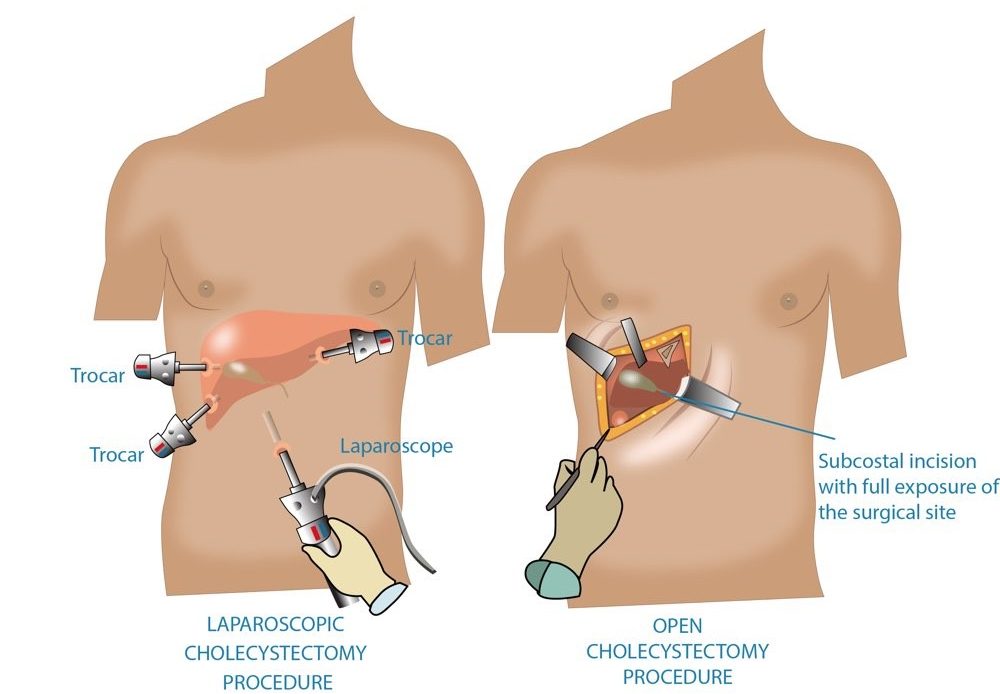
Temporomandibular disorders are one of the most widespread orofacial pain disorders globally. An efficient management of these disorders implies a multidisciplinary collaboration between different medical specialties, at the diagnosis stage, as well for treatment planning and execution. Modern approaches require the standardization of diagnostic stages, the execution of additional diagnostic investigations based on clinical needs (degree and extent of symptom expression), as well as the development of sequential and staged multidisciplinary treatment plan (Theoretical presentation, Powerpoint). Practical demonstration – clinical exam (DC/TMD protocol), additional posturological and electromyographical exam. Demonstration of stages of functional-instrumental diagnosis for executing reversible occlusal therapy (occlusal splints). Each participant will do a practical clinical exam according to DC/TMD protocol
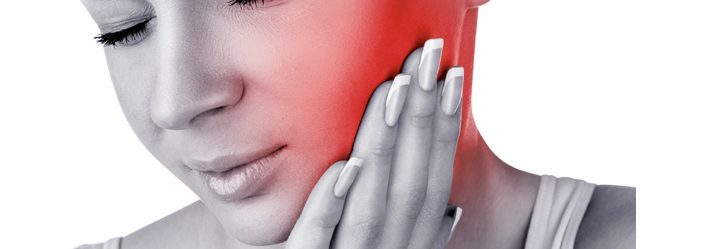
The "Insight into the Eyes: Exploring Ophthalmoscopy for Diagnostic Precision" workshop offers participants the opportunity to understand and improve their skills in using ophthalmoscopy for the diagnosis and management of eye conditions. This workshop is intended for ophthalmologists, ophthalmology residents, and other healthcare professionals who wish to enhance their knowledge in eye examination.
Participants will be guided through an exploration journey of ophthalmoscopy techniques, starting from basic concepts and proper ophthalmoscope usage techniques to interpreting results and diagnosing various eye conditions. They will learn to recognize the characteristic signs and symptoms of common eye conditions such as diabetic retinopathy, macular degeneration, and glaucoma.
Through interactive lectures, practical demonstrations, and case discussions, participants will acquire essential knowledge about eye anatomy and understand how different eye conditions affect ocular structures. They will also have the opportunity to practice ophthalmoscopy under the guidance of experts and receive feedback to improve their skills.
Additionally, the workshop will address aspects related to managing ophthalmoscopic equipment and effectively communicating with patients during eye examinations. The ultimate goal of this workshop is to prepare participants to use ophthalmoscopy effectively in their clinical practice, thereby contributing to the improvement of the diagnosis and management of eye conditions and enhancing the eye health of patients.

Participation in the workshop will provide step-by-step instruction on how to perform the anatomical dissection of the heart, allowing participants to explore the structural secrets of the heart under the guidance of our trainers: Student Daniela Machedon and Prof. Dr. Lucia Mazur-Nicorici. Through fine incisions, they will observe a new perspective on the anatomy of the heart. Duration: 1 hour.
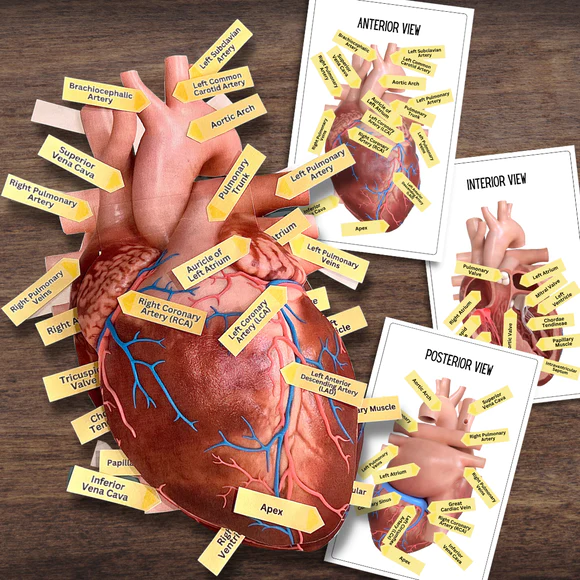
The "Laparoscopy Unveiled: Immersive Simulation for Surgical Skill Enhancement" workshop offers participants an immersive learning experience aimed at enhancing their skills in laparoscopic surgery. This workshop is designed for surgeons, surgical residents, and medical professionals seeking to improve their proficiency in minimally invasive surgical techniques. Participants will engage in hands-on simulation exercises using laparoscopic training models and virtual reality simulators. Under the guidance of experienced faculty, they will learn and practice essential laparoscopic skills such as camera navigation, tissue manipulation, dissection, suturing, and knot tying. Through interactive demonstrations, case-based discussions, and personalized feedback, participants will gain insights into advanced laparoscopic procedures and techniques. They will also learn about patient positioning, trocar placement, and intraoperative troubleshooting, all essential aspects of successful laparoscopic surgery. Moreover, the workshop will focus on team dynamics, communication, and coordination in the operating room, emphasizing the importance of effective teamwork in achieving optimal surgical outcomes. By the end of the workshop, participants will have honed their laparoscopic skills and gained confidence in performing minimally invasive procedures. They will be better equipped to tackle challenges encountered during laparoscopic surgery and deliver high-quality patient care.

The "FAST USG: Unveiling the Power of Rapid Ultrasound Assessment in Trauma Care" workshop offers participants an immersive learning experience focused on understanding and utilizing rapid ultrasound assessment in trauma care. This workshop is tailored for healthcare professionals, particularly those involved in emergency medicine, trauma surgery, and critical care, who seek to enhance their skills in utilizing ultrasound for rapid assessment in trauma settings. Participants will delve into the principles and techniques of FAST (Focused Assessment with Sonography for Trauma) ultrasound, covering topics such as image acquisition, interpretation, and clinical applications. They will learn how to perform a systematic ultrasound examination to quickly assess for free fluid in potential spaces, such as the pericardium, pleural, and peritoneal cavities, indicative of traumatic injuries. Through a combination of didactic lectures, hands-on practical sessions, and simulated trauma scenarios, participants will gain proficiency in performing FAST ultrasound examinations. They will also learn to integrate ultrasound findings into clinical decision-making processes, facilitating timely and accurate management of trauma patients. Furthermore, the workshop will address advanced ultrasound techniques relevant to trauma care, such as extended FAST (eFAST) ultrasound, thoracic ultrasound, and vascular ultrasound, expanding participants' diagnostic capabilities in trauma settings. By the conclusion of the workshop, participants will have acquired the knowledge and skills necessary to confidently perform rapid ultrasound assessments in trauma care settings, contributing to improved patient outcomes and enhanced trauma care delivery.

The "FAST USG: Unveiling the Power of Rapid Ultrasound Assessment in Trauma Care" workshop offers participants an immersive learning experience focused on understanding and utilizing rapid ultrasound assessment in trauma care. This workshop is tailored for healthcare professionals, particularly those involved in emergency medicine, trauma surgery, and critical care, who seek to enhance their skills in utilizing ultrasound for rapid assessment in trauma settings. Participants will delve into the principles and techniques of FAST (Focused Assessment with Sonography for Trauma) ultrasound, covering topics such as image acquisition, interpretation, and clinical applications. They will learn how to perform a systematic ultrasound examination to quickly assess for free fluid in potential spaces, such as the pericardium, pleural, and peritoneal cavities, indicative of traumatic injuries. Through a combination of didactic lectures, hands-on practical sessions, and simulated trauma scenarios, participants will gain proficiency in performing FAST ultrasound examinations. They will also learn to integrate ultrasound findings into clinical decision-making processes, facilitating timely and accurate management of trauma patients. Furthermore, the workshop will address advanced ultrasound techniques relevant to trauma care, such as extended FAST (eFAST) ultrasound, thoracic ultrasound, and vascular ultrasound, expanding participants' diagnostic capabilities in trauma settings. By the conclusion of the workshop, participants will have acquired the knowledge and skills necessary to confidently perform rapid ultrasound assessments in trauma care settings, contributing to improved patient outcomes and enhanced trauma care delivery.

The LifeSaver Workshop: Basic Life Support and Defibrillation Training is designed to provide participants with the fundamental knowledge and skills needed to respond effectively in medical emergencies. This course is ideal for anyone looking to learn how to provide assistance in cases of cardiac arrest, respiratory failure, or other emergency situations.
Through a blend of theoretical presentations, practical demonstrations, and real-life scenario simulations, participants will learn:
Cardiopulmonary resuscitation (CPR) techniques for adults, children, and infants.
How to identify signs and symptoms of cardiac arrest or respiratory failure.
The use of an automated external defibrillator (AED) to restore cardiac rhythm in cases of ventricular fibrillation or ventricular tachycardia.
Airway management techniques and ensuring airway patency.
Appropriate approaches to managing emergency situations in a calm and efficient manner.
This workshop is interactive and provides ample opportunities for practice and questions. By the end of the course, participants will be prepared to act swiftly and provide vital assistance in medical emergencies, thus saving lives.
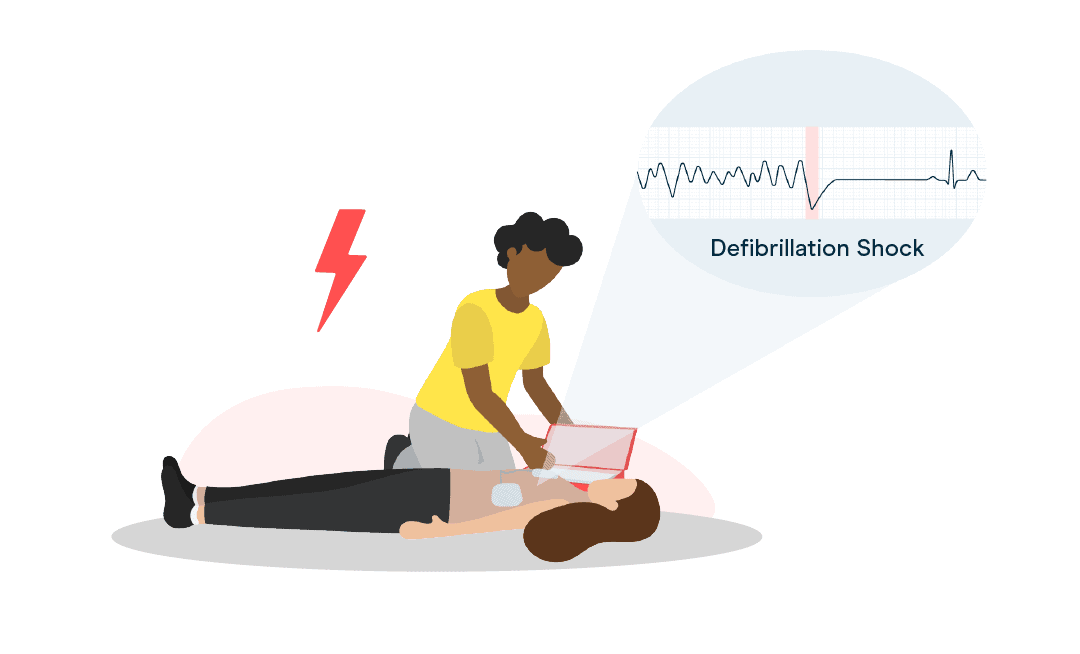
This workshop provides you with the knowledge and skills needed to correctly use an automated external defibrillator (AED) in emergency situations. Through theoretical presentations and practical exercises, you will learn how to identify a cardiac arrest, act quickly and efficiently, and save lives. It is ideal for medical personnel, healthcare professionals, and anyone who wants to become an effective first responder in medical emergencies.
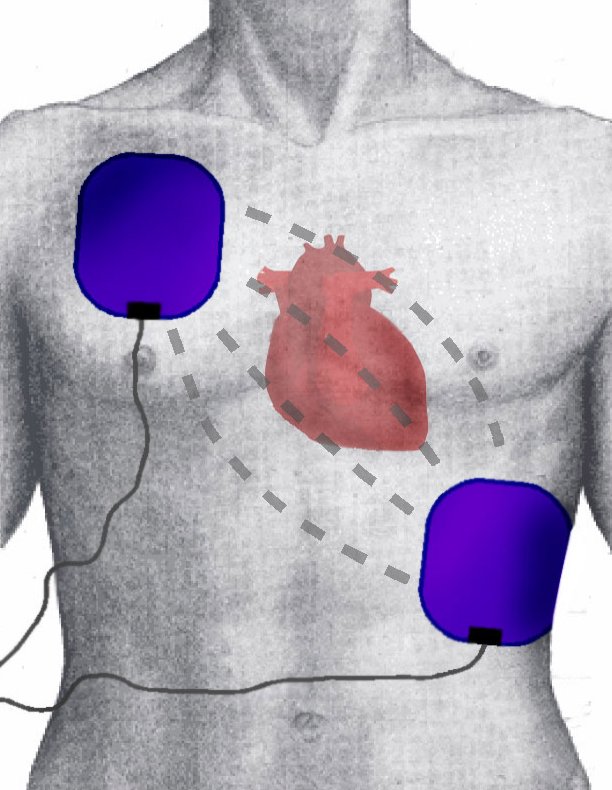
This workshop provides you with the knowledge and skills needed to correctly use an automated external defibrillator (AED) in emergency situations. Through theoretical presentations and practical exercises, you will learn how to identify a cardiac arrest, act quickly and efficiently, and save lives. It is ideal for medical personnel, healthcare professionals, and anyone who wants to become an effective first responder in medical emergencies.

This workshop is tailored to healthcare professionals seeking to delve into the latest advancements in imaging diagnostics specifically for pediatric medical emergencies. Through a combination of lectures, case studies, and hands-on training, participants will gain comprehensive insights into cutting-edge imaging technologies and their application in pediatric emergency care.
The workshop will cover a wide range of topics including but not limited to:
- Advanced radiological modalities such as MRI, CT, and ultrasound in pediatric emergency diagnosis.
- Interpretation of imaging findings in common pediatric emergencies including trauma, neurological emergencies, respiratory distress, and abdominal pain.
- Best practices and protocols for optimizing imaging studies while minimizing radiation exposure in pediatric patients.
- Emerging trends and innovations in pediatric emergency imaging.
Led by expert faculty with extensive experience in pediatric radiology and emergency medicine, participants will have the opportunity to enhance their skills in accurately interpreting imaging studies, making timely clinical decisions, and providing optimal care to pediatric patients in emergency settings.
This workshop is designed for radiologists, pediatricians, emergency physicians, radiology technologists, and other healthcare professionals involved in the care of pediatric patients. By attending this workshop, participants will stay at the forefront of pediatric emergency medicine, ultimately improving outcomes for children in critical situations.
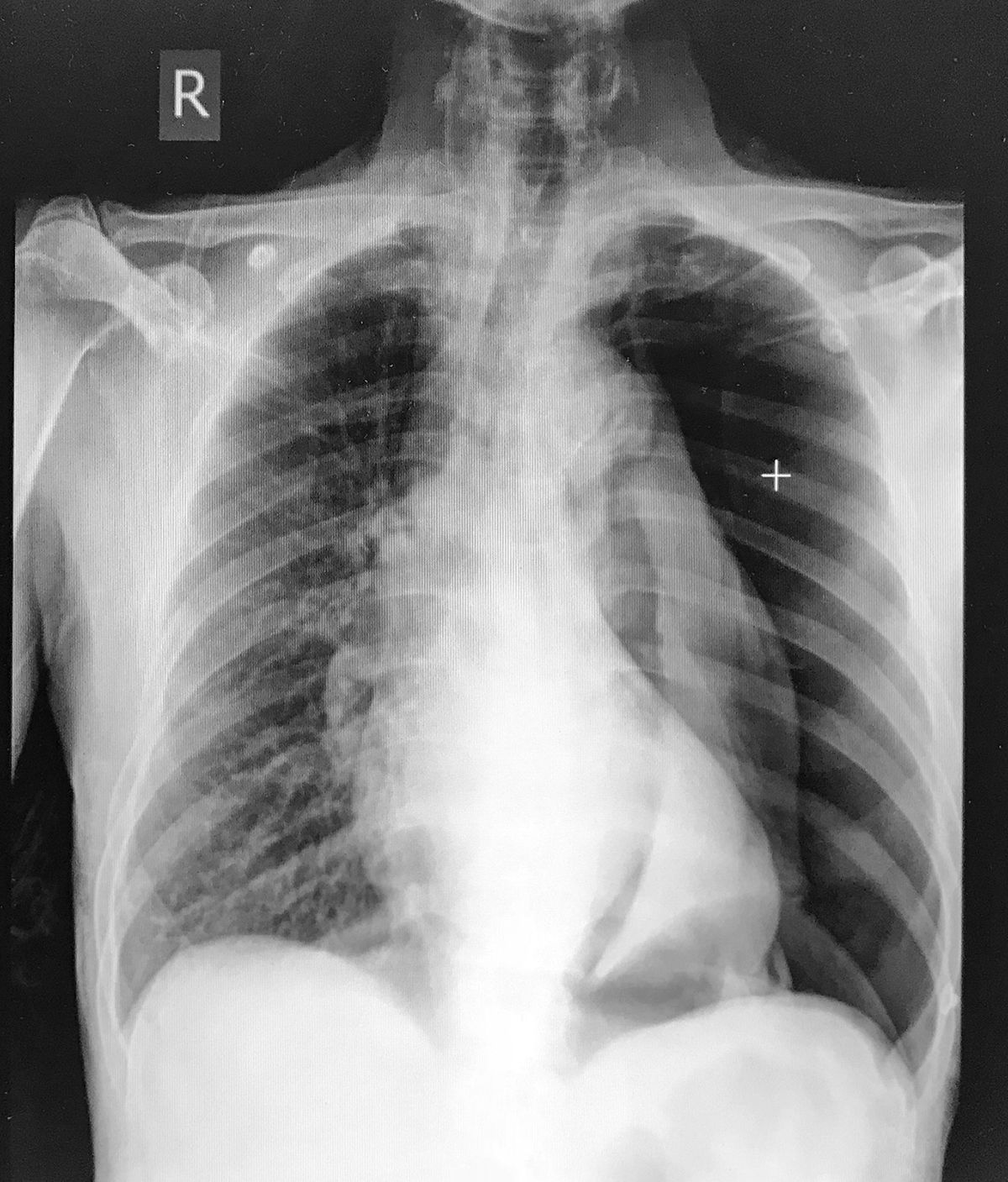
This workshop offers an exciting exploration into the use of virtual reality (VR) and augmented reality (AR) in the field of neurosurgery, providing participants with the opportunity to delve into the cutting edge of surgical simulation. With advanced VR and AR technologies, participants will be immersed in a virtual and interactive environment that allows them to experience and practice complex neurosurgical procedures in a safe and realistic manner.
Through this workshop, participants will:
1. Discover the latest trends and technologies in the use of VR and AR in neurosurgery.
2. Understand the benefits and practical applications of surgical simulation in a virtual and augmented environment.
3. Explore customized training scenarios for various neurosurgical procedures, including brain tumor excision, aneurysm treatment, and brain navigation.
4. Practice and enhance their surgical skills in a safe and risk-free environment for patients.
Led by recognized experts in neurosurgery and VR/AR technologies, this workshop will provide participants with an in-depth and hands-on perspective on how these revolutionary technologies can improve training and surgical skills in neurosurgery.
This workshop is intended for neurosurgeons, neurosurgery residents, biomedical engineers, healthcare researchers, and other professionals interested in the use of VR and AR technologies in a medical context. By participating in this workshop, participants will gain essential knowledge and skills to remain at the forefront of innovation in neurosurgery and bring significant benefits to both patients and practitioners.
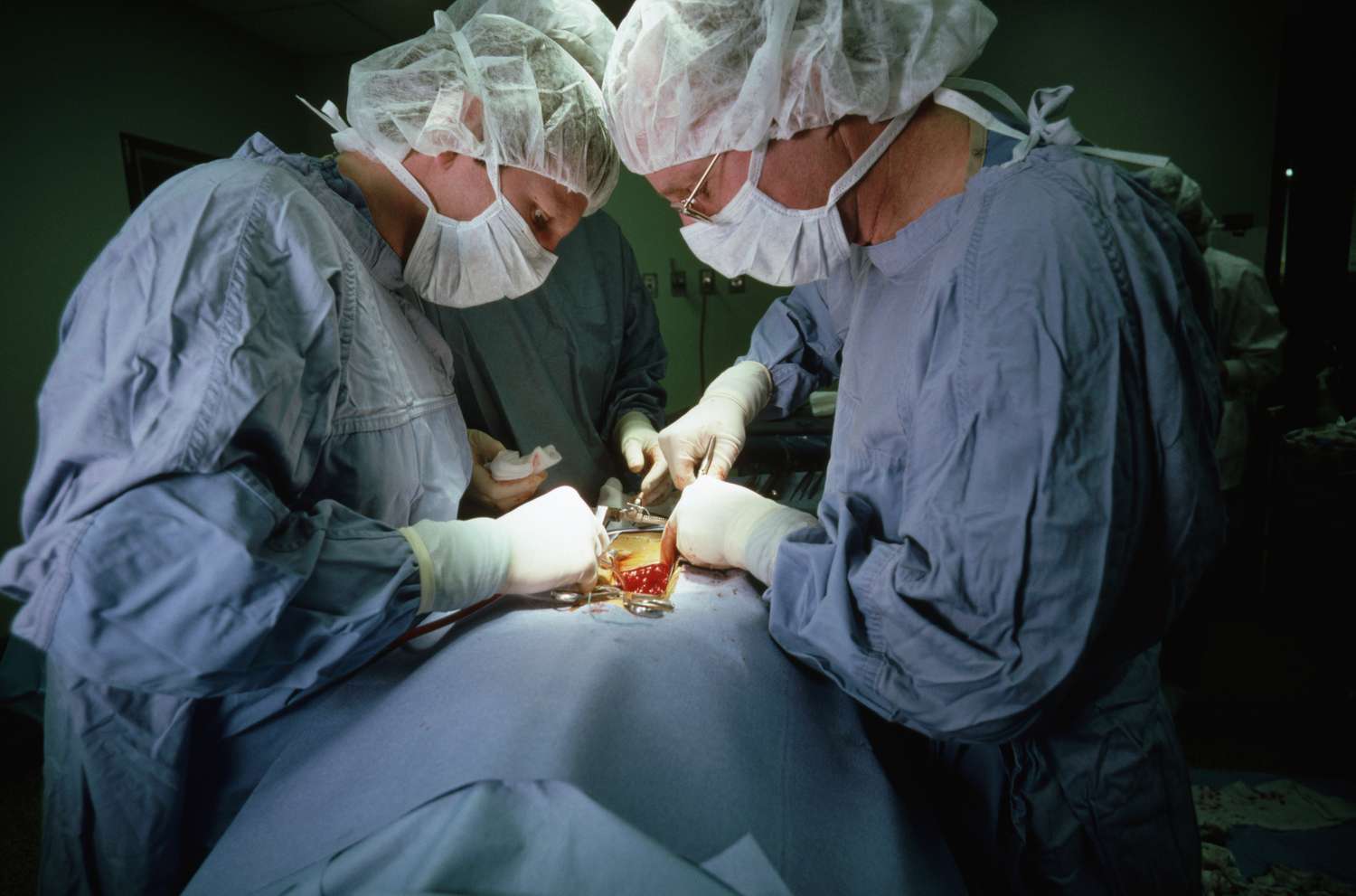
This workshop offers an exciting exploration into the use of virtual reality (VR) and augmented reality (AR) in the field of neurosurgery, providing participants with the opportunity to delve into the cutting edge of surgical simulation. With advanced VR and AR technologies, participants will be immersed in a virtual and interactive environment that allows them to experience and practice complex neurosurgical procedures in a safe and realistic manner.
Through this workshop, participants will:
- Discover the latest trends and technologies in the use of VR and AR in neurosurgery.
- Understand the benefits and practical applications of surgical simulation in a virtual and augmented environment.
- Explore customized training scenarios for various neurosurgical procedures, including brain tumor excision, aneurysm treatment, and brain navigation.
- Practice and enhance their surgical skills in a safe and risk-free environment for patients.
Led by recognized experts in neurosurgery and VR/AR technologies, this workshop will provide participants with an in-depth and hands-on perspective on how these revolutionary technologies can improve training and surgical skills in neurosurgery.
This workshop is intended for neurosurgeons, neurosurgery residents, biomedical engineers, healthcare researchers, and other professionals interested in the use of VR and AR technologies in a medical context. By participating in this workshop, participants will gain essential knowledge and skills to remain at the forefront of innovation in neurosurgery and bring significant benefits to both patients and practitioners.

This workshop provides participants with the opportunity to learn and practice spirometry, an essential procedure in the diagnosis and management of respiratory and allergic diseases. From theoretical foundations to practical aspects, this workshop aims to offer participants a comprehensive understanding of spirometry techniques and interpretation.
Through this workshop, participants will:
1. Understand the fundamental principles of spirometry and its importance in diagnosing and monitoring respiratory and allergic diseases.
2. Practice correct techniques for performing spirometry, including patient instruction and equipment calibration.
3. Learn to interpret spirometry results and integrate them into the clinical assessment of the patient.
4. Discuss challenges encountered in the practical application of spirometry and how to address them effectively.
Led by experts in pulmonology and allergology, this workshop will provide participants with essential knowledge and skills to effectively use spirometry in daily clinical practice. Through theoretical presentations, practical demonstrations, and case studies, participants will gain confidence in performing and interpreting spirometry accurately, contributing to the improvement of patient management in respiratory and allergic conditions.
This workshop is intended for pulmonologists, allergists, residents in the respective specialties, nurses, and other healthcare professionals interested in enhancing their knowledge and skills in spirometry. By participating in this workshop, participants will become better prepared to deliver quality care and optimize the management of patients with respiratory and allergic conditions.
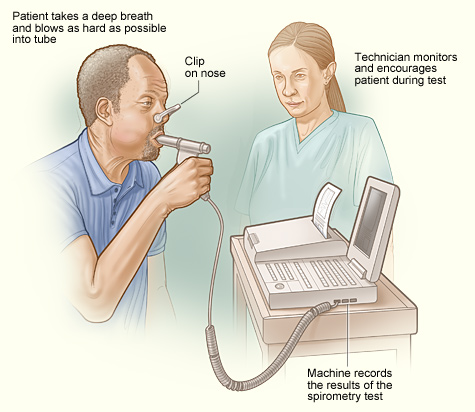
This workshop provides participants with the opportunity to learn and practice spirometry, an essential procedure in the diagnosis and management of respiratory and allergic diseases. From theoretical foundations to practical aspects, this workshop aims to offer participants a comprehensive understanding of spirometry techniques and interpretation.
Through this workshop, participants will:
- Understand the fundamental principles of spirometry and its importance in diagnosing and monitoring respiratory and allergic diseases.
- Practice correct techniques for performing spirometry, including patient instruction and equipment calibration.
- Learn to interpret spirometry results and integrate them into the clinical assessment of the patient.
- Discuss challenges encountered in the practical application of spirometry and how to address them effectively.
Led by experts in pulmonology and allergology, this workshop will provide participants with essential knowledge and skills to effectively use spirometry in daily clinical practice. Through theoretical presentations, practical demonstrations, and case studies, participants will gain confidence in performing and interpreting spirometry accurately, contributing to the improvement of patient management in respiratory and allergic conditions.
This workshop is intended for pulmonologists, allergists, residents in the respective specialties, nurses, and other healthcare professionals interested in enhancing their knowledge and skills in spirometry. By participating in this workshop, participants will become better prepared to deliver quality care and optimize the management of patients with respiratory and allergic conditions.

Join us for an immersive workshop delving into the intricate world of ophthalmoscopy, a fundamental skill in ophthalmology and primary care. This interactive session is designed for medical professionals, students, and enthusiasts eager to enhance their understanding and proficiency in this essential diagnostic tool.
During this workshop, participants will:
1. Learn the principles and techniques of ophthalmoscopy, including direct and indirect methods.
2. Explore the anatomy of the eye as visualized through the ophthalmoscope, understanding key structures and their clinical significance.
3. Gain insights into the interpretation of ophthalmoscopic findings, recognizing common pathologies such as retinal detachment, diabetic retinopathy, and glaucoma.
4. Practice hands-on ophthalmoscopy under expert guidance, honing skills in lens adjustment, focus, and examination techniques.
5. Discuss clinical case studies to deepen comprehension and sharpen diagnostic abilities.
6. Receive tips and tricks for optimizing ophthalmoscopy in various clinical settings, from primary care offices to specialized ophthalmology clinics.
7. Engage in Q&A sessions with experienced practitioners, fostering an interactive learning environment.
Whether you're a seasoned ophthalmologist looking to refine your skills or a medical student taking your first steps into the world of ophthalmic examination, this workshop offers valuable insights and practical experience to elevate your practice. Join us for an enlightening journey into the art and science of ophthalmoscopy.
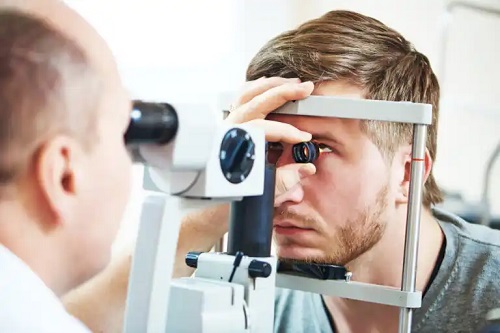
Join us for an immersive workshop delving into the intricate world of ophthalmoscopy, a fundamental skill in ophthalmology and primary care. This interactive session is designed for medical professionals, students, and enthusiasts eager to enhance their understanding and proficiency in this essential diagnostic tool.
During this workshop, participants will:
1. Learn the principles and techniques of ophthalmoscopy, including direct and indirect methods.
2. Explore the anatomy of the eye as visualized through the ophthalmoscope, understanding key structures and their clinical significance.
3. Gain insights into the interpretation of ophthalmoscopic findings, recognizing common pathologies such as retinal detachment, diabetic retinopathy, and glaucoma.
4. Practice hands-on ophthalmoscopy under expert guidance, honing skills in lens adjustment, focus, and examination techniques.
5. Discuss clinical case studies to deepen comprehension and sharpen diagnostic abilities.
6. Receive tips and tricks for optimizing ophthalmoscopy in various clinical settings, from primary care offices to specialized ophthalmology clinics.
7. Engage in Q&A sessions with experienced practitioners, fostering an interactive learning environment.
Whether you're a seasoned ophthalmologist looking to refine your skills or a medical student taking your first steps into the world of ophthalmic examination, this workshop offers valuable insights and practical experience to elevate your practice. Join us for an enlightening journey into the art and science of ophthalmoscopy.

This workshop provides participants with the opportunity to learn and practice essential techniques for gastric suturing in a hands-on environment. Through interactive sessions and practical demonstrations, participants will learn the fundamental principles of gastric suturing and will be guided in applying them on simulated models. Experienced instructors will offer individualized guidance to ensure each participant acquires the necessary skills to perform gastric sutures efficiently and safely. This valuable hands-on experience is essential for resident physicians, surgeons in training, and any medical professional looking to enhance their skills in gastric surgery.
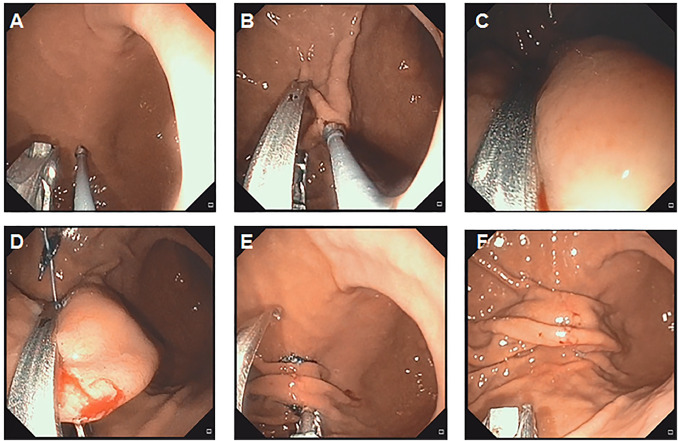
The workshop focuses on the utilization of multimodal imaging techniques in diagnosing and treating retinal pathologies. Participants will explore the integration of various imaging modalities such as optical coherence tomography (OCT), fundus photography, fluorescein angiography, and others to enhance diagnostic accuracy and improve patient care. Through case studies and hands-on sessions, attendees will gain practical insights into the application of these techniques in clinical practice. Additionally, experts in the field will discuss emerging trends and advancements in retinal imaging, providing attendees with a comprehensive understanding of the current landscape and future directions in this critical area of ophthalmology.
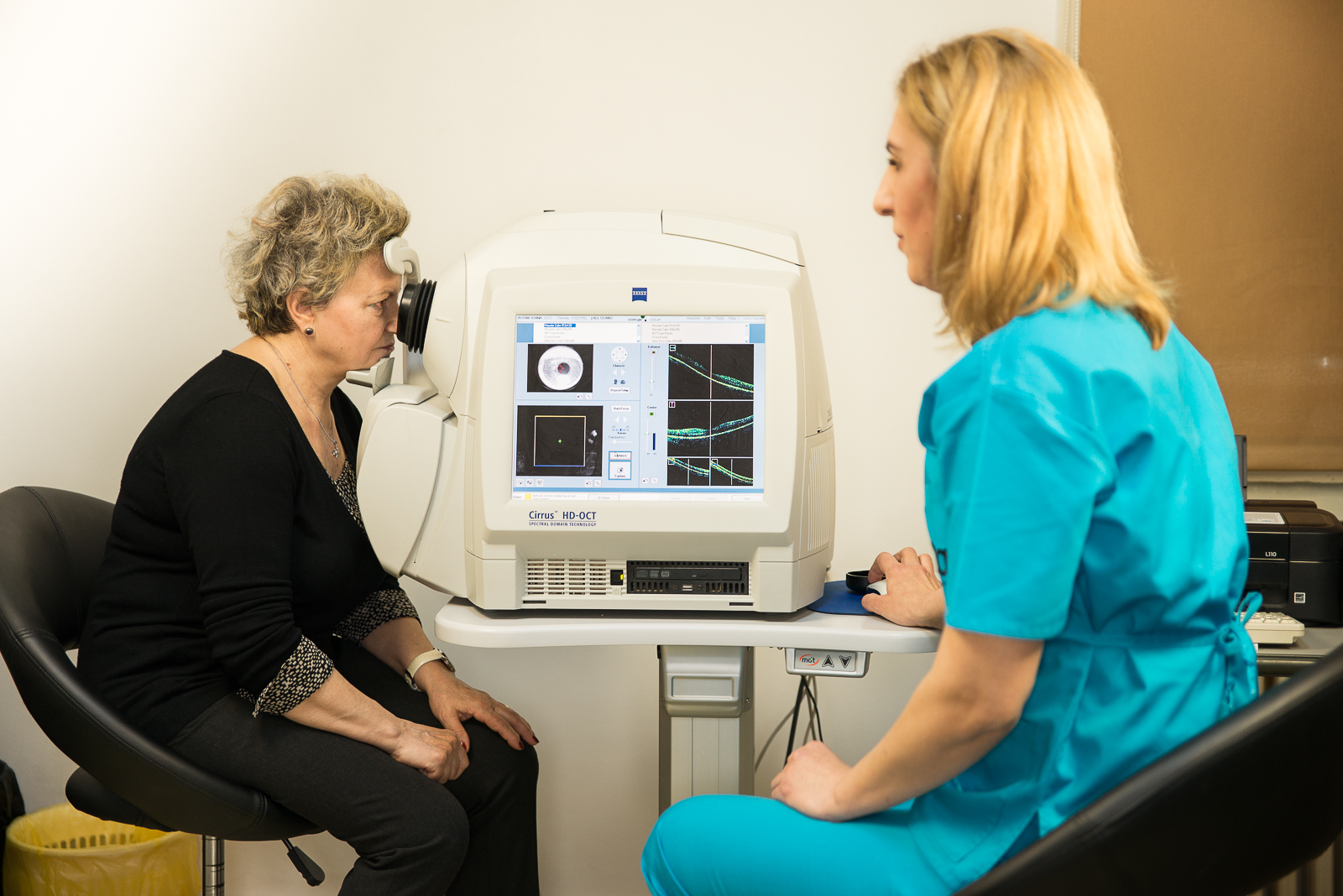
The workshop focuses on the utilization of multimodal imaging techniques in diagnosing and treating retinal pathologies. Participants will explore the integration of various imaging modalities such as optical coherence tomography (OCT), fundus photography, fluorescein angiography, and others to enhance diagnostic accuracy and improve patient care. Through case studies and hands-on sessions, attendees will gain practical insights into the application of these techniques in clinical practice. Additionally, experts in the field will discuss emerging trends and advancements in retinal imaging, providing attendees with a comprehensive understanding of the current landscape and future directions in this critical area of ophthalmology

The Vejnovic Cesarean Section Suturing Technique is a method used by obstetric surgeons during cesarean section procedures to close the incisions made in the uterus and abdominal wall. This technique is named after the surgeon who developed it, and it aims to achieve optimal wound closure with minimal risk of complications.
In the Vejnovic technique, special attention is paid to the meticulous alignment of tissue layers to promote proper healing and reduce the risk of post-operative complications such as wound dehiscence or infection. The suturing process involves careful placement of stitches in multiple layers of tissue, including the uterine muscle, fascia, and skin, using absorbable sutures.
One of the key features of the Vejnovic technique is the use of continuous locking sutures, which provide a secure closure while minimizing tissue trauma and improving cosmesis. Additionally, this technique allows for precise control over tissue tension and alignment, resulting in improved wound healing outcomes.
Overall, the Vejnovic Cesarean Section Suturing Technique is recognized for its effectiveness in achieving reliable wound closure and reducing the risk of complications following cesarean delivery, contributing to better maternal outcomes and post-operative recovery.

"The Efficacy and Safety of Antihypertensive Medications in Patients Based on Gender" workshop is designed to explore and discuss the effects of various antihypertensive medications on patients, taking into account gender differences. This workshop provides participants with the opportunity to better understand how antihypertensive treatments may interact differently with patients' bodies depending on their gender.
Participants will explore recent research and clinical data showing how medication reactions may vary between sexes and how this can influence treatment approaches. Aspects such as medication efficacy in reducing blood pressure, potential side effects, and how they can be efficiently managed will be discussed.
The workshop will include presentations by experts in the medical field, case studies, and interactive discussions, providing participants with a comprehensive insight into factors that may influence the effectiveness and safety of antihypertensive treatments based on gender. The ultimate goal is to provide participants with the tools needed to make informed and personalized decisions in managing hypertension, thus contributing to improving outcomes for patients and optimizing clinical practice.
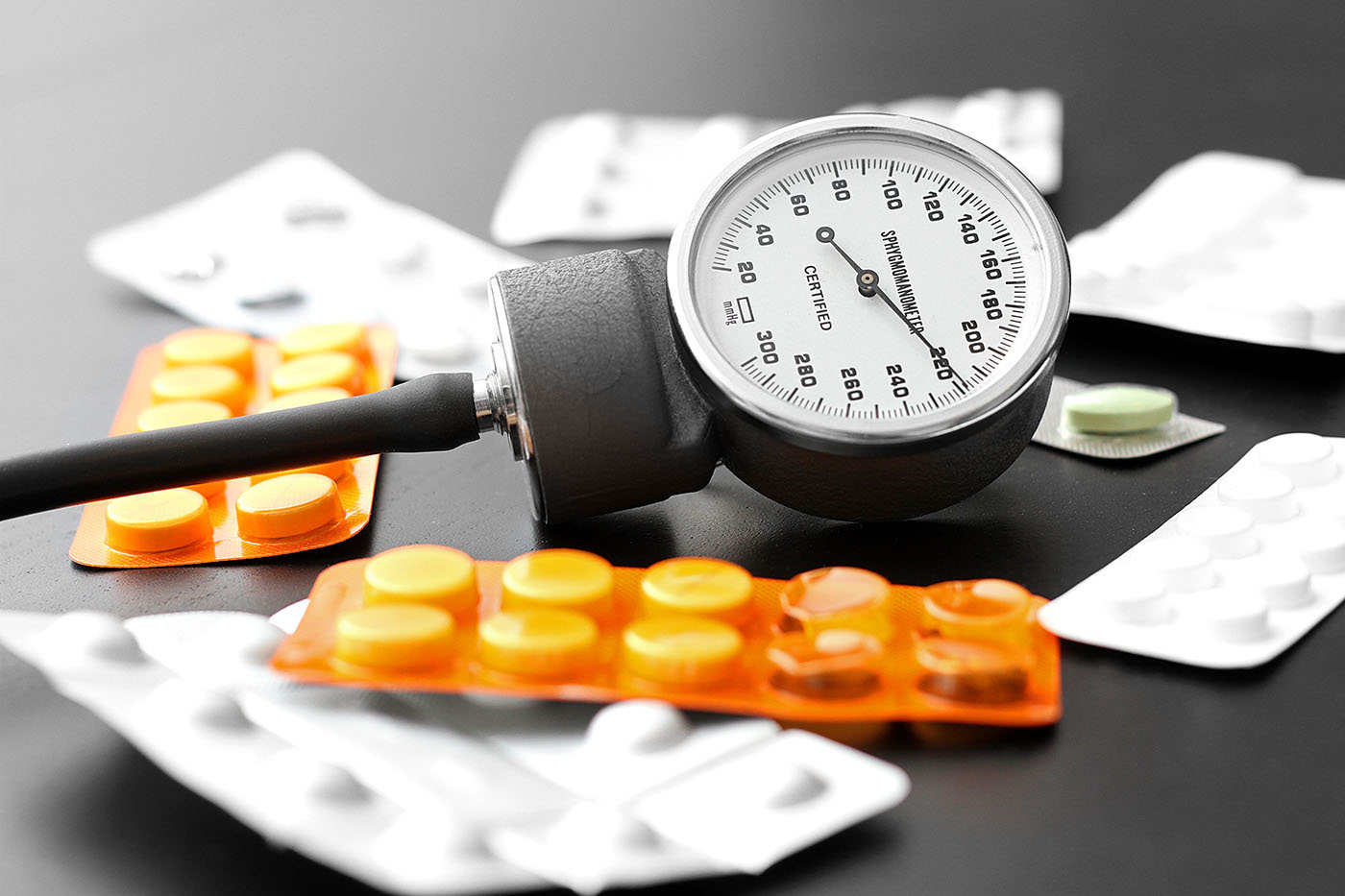
The "Enhancing Rational Drug Use Skills" workshop is designed to help participants improve their skills in the rational use of medications. This workshop provides an interactive and educational platform where participants will learn fundamental principles and practices for the efficient and appropriate use of medications.
Topics covered include identifying and evaluating drug information, correctly interpreting medical prescriptions, recognizing and managing potential side effects of medications, as well as promoting effective communication between patients and healthcare professionals.
Through presentations, practical exercises, and case studies, participants will be encouraged to reinforce their knowledge and develop practical skills to make informed and rational choices regarding medication use. The ultimate goal of the workshop is to enhance participants' competence and confidence in the proper management of medication treatment, thereby contributing to the improvement of healthcare quality and outcomes for patients.

This workshop offers participants a comprehensive learning experience in the art of knots and sutures. Participants will delve into the theory and practical application of various types of knots and sutures commonly used in surgical and medical settings. Through hands-on practice sessions, participants will develop proficiency in tying different types of knots and executing various suturing techniques on simulated models. Experienced instructors will provide step-by-step guidance and valuable tips to ensure participants grasp the principles and master the skills necessary for effective knot tying and suturing. Whether you are a medical student, resident physician, or practicing healthcare professional, this workshop provides an invaluable opportunity to enhance your surgical skills and proficiency in wound closure techniques.
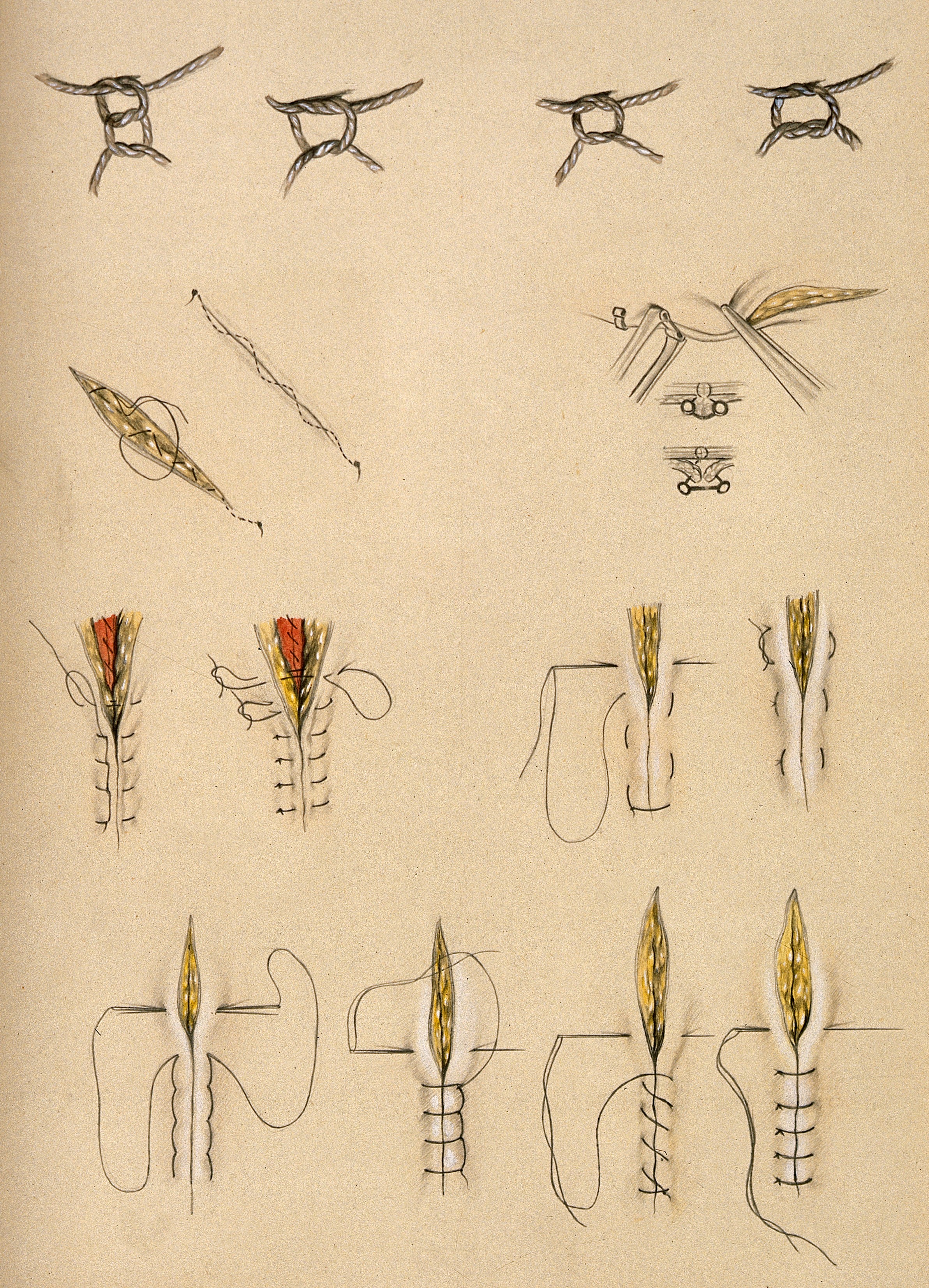
This workshop offers participants a comprehensive learning experience in the art of knots and sutures. Participants will delve into the theory and practical application of various types of knots and sutures commonly used in surgical and medical settings. Through hands-on practice sessions, participants will develop proficiency in tying different types of knots and executing various suturing techniques on simulated models. Experienced instructors will provide step-by-step guidance and valuable tips to ensure participants grasp the principles and master the skills necessary for effective knot tying and suturing. Whether you are a medical student, resident physician, or practicing healthcare professional, this workshop provides an invaluable opportunity to enhance your surgical skills and proficiency in wound closure techniques.

This workshop provides participants with the opportunity to learn and practice essential techniques for gastric suturing in a hands-on environment. Through interactive sessions and practical demonstrations, participants will learn the fundamental principles of gastric suturing and will be guided in applying them on simulated models. Experienced instructors will offer individualized guidance to ensure each participant acquires the necessary skills to perform gastric sutures efficiently and safely. This valuable hands-on experience is essential for resident physicians, surgeons in training, and any medical professional looking to enhance their skills in gastric surgery.

Theoretical presentation of the principles of morphofunctional restoration of approximal surfaces of the lateral group of teeth (PowerPoint). Practical demonstration on typodont – restoration of interdental anatomy and contact area on the lateral group of teeth. Performing the procedure by each participant on the typodont. Question and answer session, summary discussions by the coordinator.
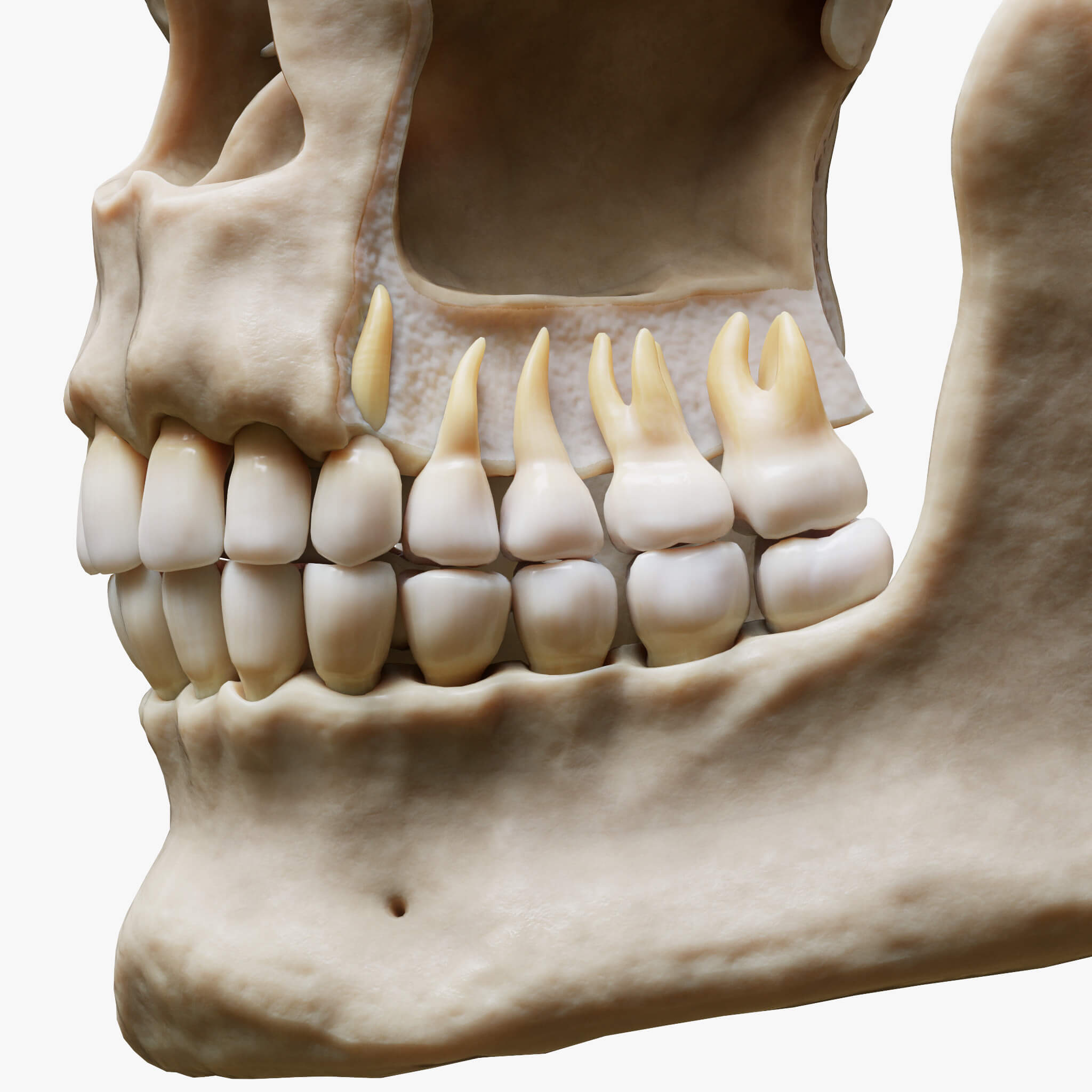
General notions in law and how it is framed in medicine by means of legal norms (qualifications, licenses, continuing professional training, the relationship with the public/patients, etc., medical documentation, medical errors).
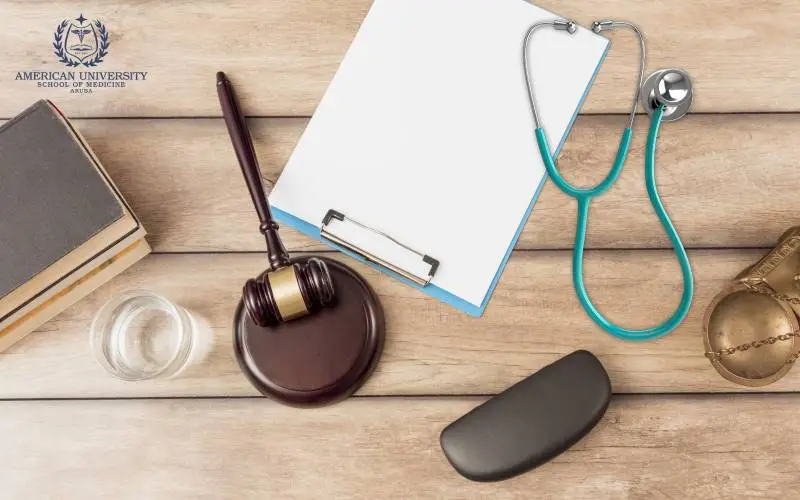
Modificări electrocardiografice în sindroame rare. Vom prezenta 5 sindroame care prezintă ischemie cu diferite modificari ECG: De Winter; Kounis, Wellens, Yamaguci, Takotsubo și 4 sindroame care prezintă aritmii: Brugada, WPW; LGL și Mahaim.
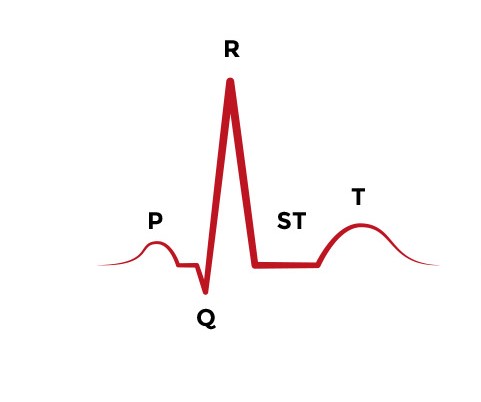
Electrocardiographic changes in rare Syndromes. We will present 5 Syndromes that present ischemia with different EKG changes: De Winter, Kounis,Wellens, Yamaguci, Takotsubo and 4 syndromes causing arrhythmias: Brugada, WPW; LGL and Mahaim.

This workshop provides comprehensive training on the insertion of catheters and tubes, covering both theory and hands-on practice. Participants will learn essential techniques for safely and effectively inserting various types of catheters and tubes, including central venous catheters, urinary catheters, and chest tubes. Through interactive sessions, participants will gain a thorough understanding of the anatomy, indications, contraindications, and complications associated with catheter and tube insertion. Experienced instructors will demonstrate best practices and provide personalized guidance to ensure participants develop the necessary skills and confidence to perform these procedures competently. Whether you are a novice or experienced healthcare professional, this workshop offers valuable insights and practical knowledge essential for delivering high-quality patient care.
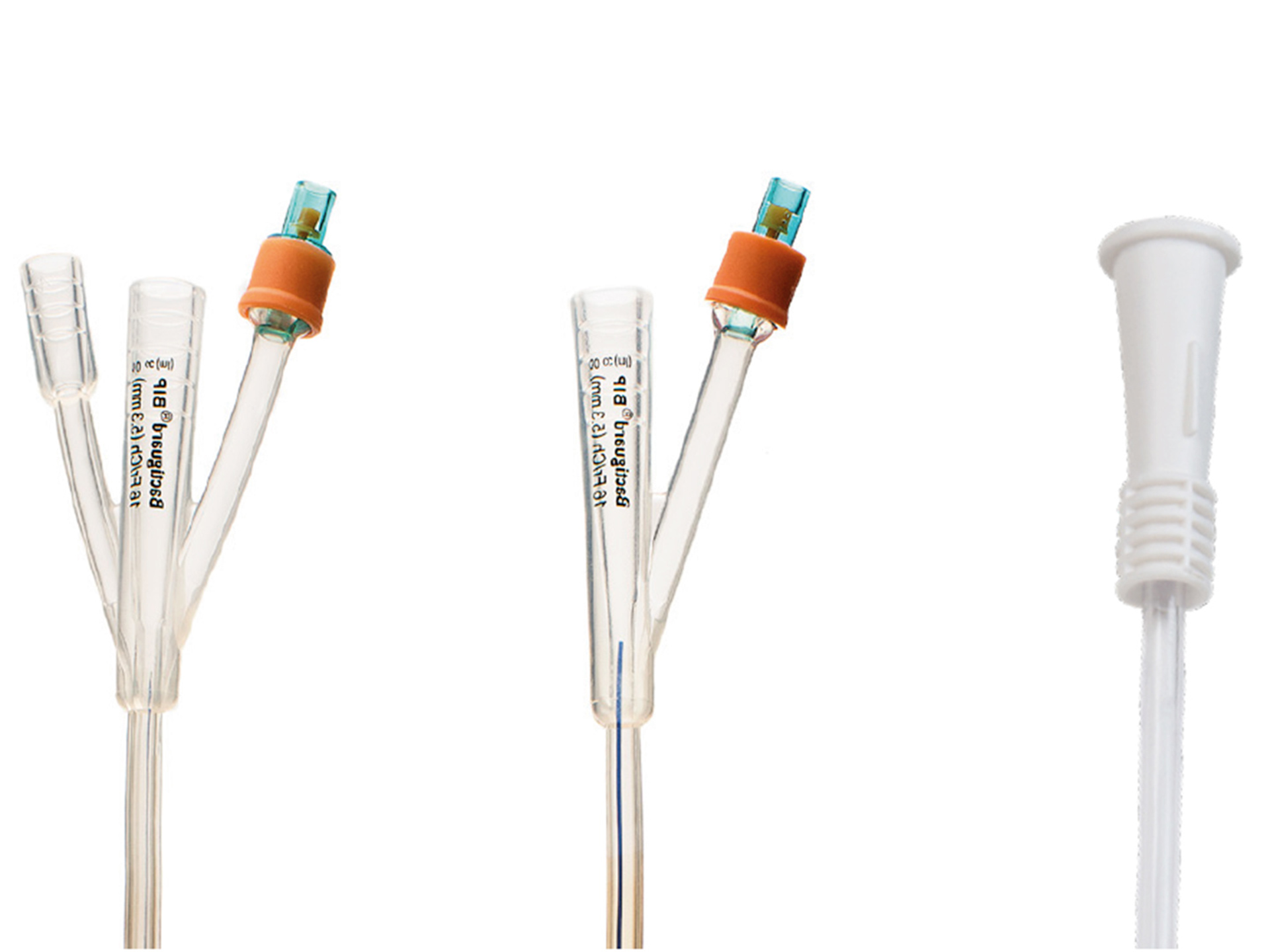
This workshop provides participants with the opportunity to gain a deeper understanding of myopia and explore strategies for managing it, moving from theoretical knowledge to practical application. Within this event, participants will be guided on a journey into the world of myopia, from underlying mechanisms to treatment and management options. We will explore the latest research and technologies available in the field and discuss practical ways to apply them in a clinical context. Our experienced trainers will provide relevant case studies and share best practices for effectively managing myopia in clinical practice. This workshop offers an ideal opportunity for professionals in ophthalmology and optometry to enhance their skills and expand their knowledge in an area of great relevance and timeliness.
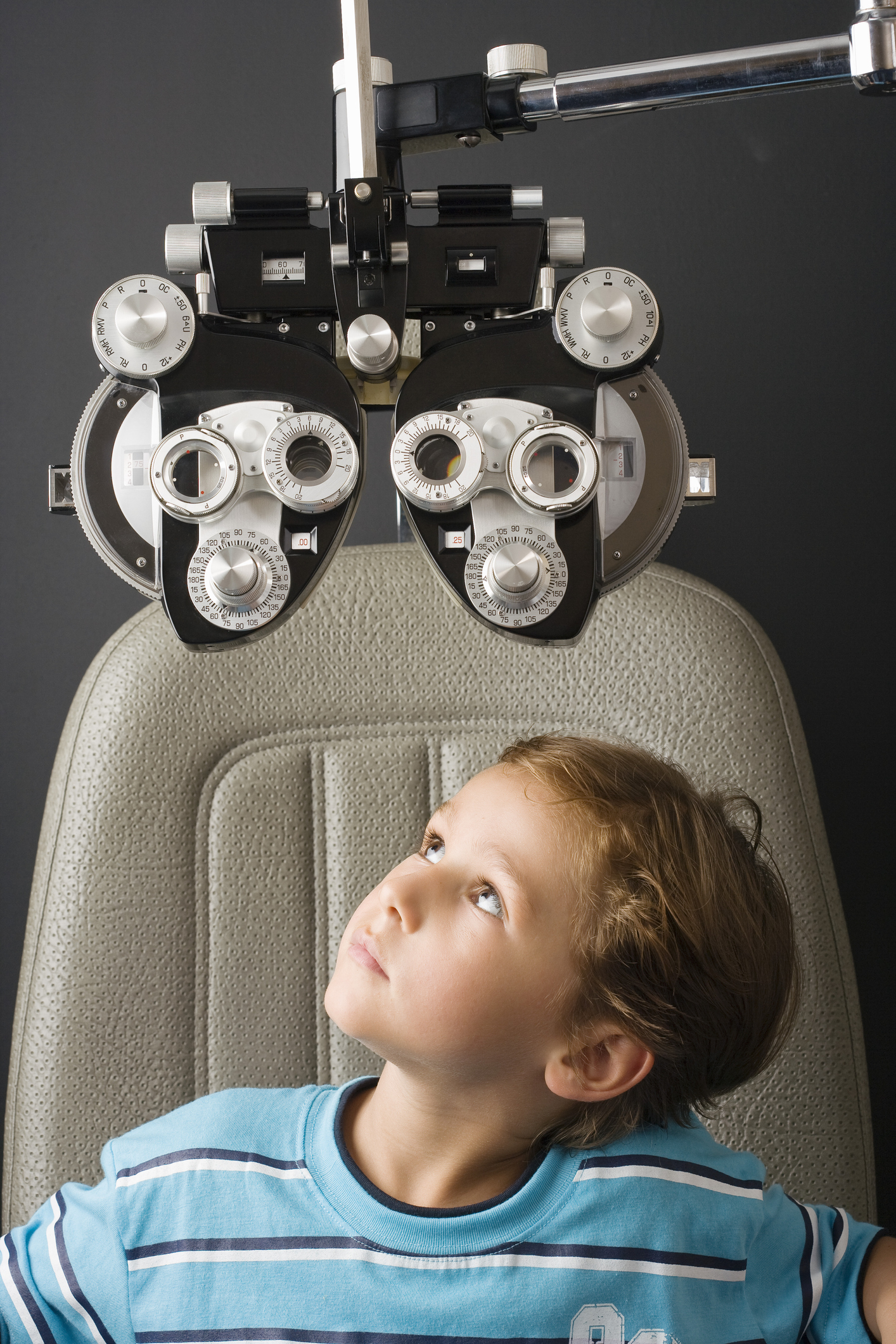
This workshop provides participants with the opportunity to gain a deeper understanding of myopia and explore strategies for managing it, moving from theoretical knowledge to practical application. Within this event, participants will be guided on a journey into the world of myopia, from underlying mechanisms to treatment and management options. We will explore the latest research and technologies available in the field and discuss practical ways to apply them in a clinical context. Our experienced trainers will provide relevant case studies and share best practices for effectively managing myopia in clinical practice. This workshop offers an ideal opportunity for professionals in ophthalmology and optometry to enhance their skills and expand their knowledge in an area of great relevance and timeliness.

The purpose of the workshop is to strengthen students' skills in an empathetic and non- discriminatory attitude toward the aging process and to improve the efficiency of medical care given to elderly patients. Objectives: at the end of the workshop the participants will be able to: 1. To relate and understand aging-related changes in the visual analyzer, hearing, and manual dexterity 2. Understand the importance of keeping older people active and engaged. 3. To identify the different causes of confusion in older adults. 4. To create a friendly environment for the elderly.

The workshop will address the laboratory diagnostic options with an immunological and molecular-genetic profile, which come to complete all investigations aimed at ensuring the process of specialized curative and preventive medical assistance for patients with benign and malignant hemopathies.
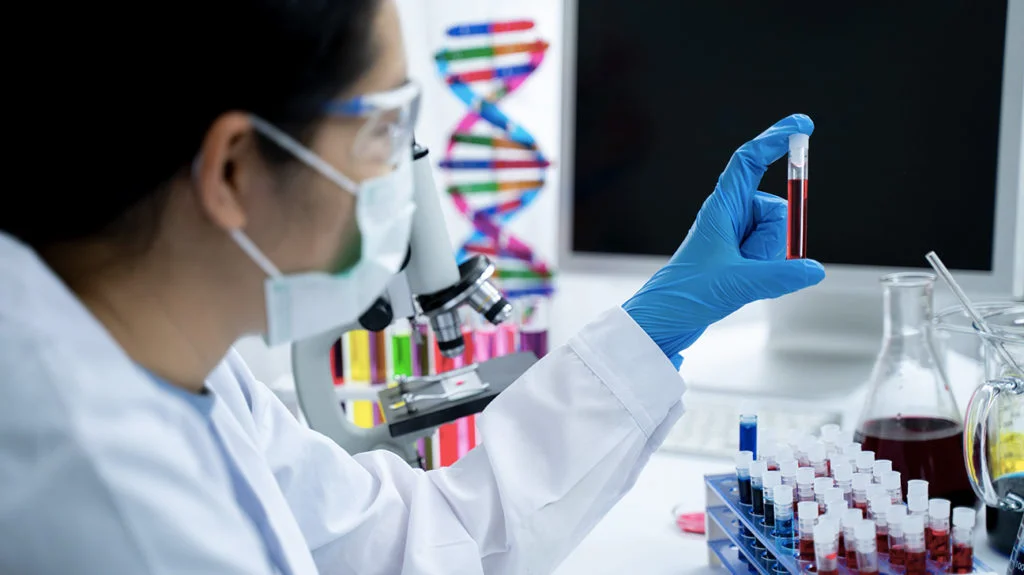
Theoretical presentation of the techniques of mechanical and medicinal processing of root canals with subsequent obturation using different techniques, description of the Thermafill technique, (PowerPoint). Practical demonstration on typodont – ENDO. Performing the procedure by each participant on a typodont – ENDO. Question and answer session, summary discussions by the coordinator.
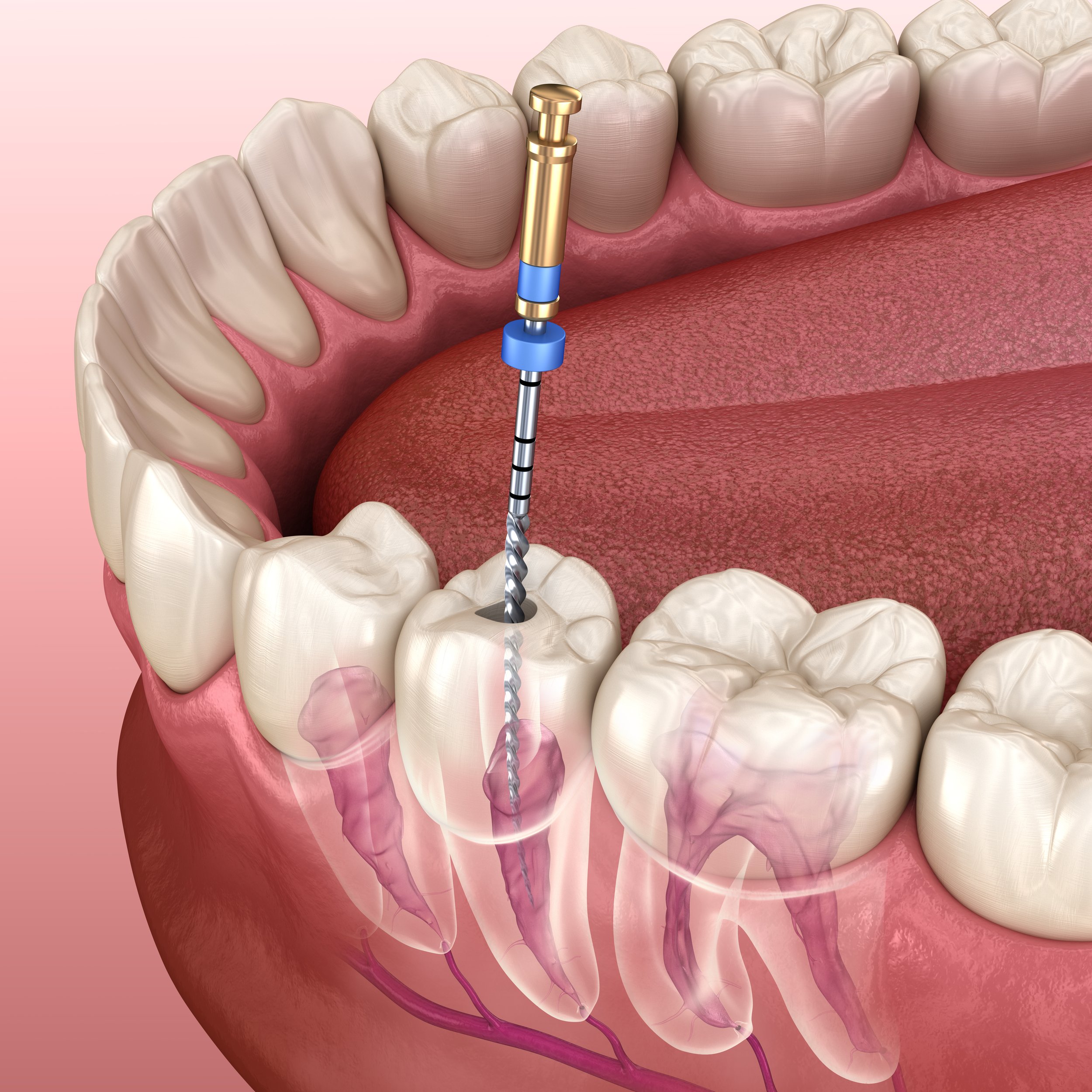
Theoretical presentation of temporary tooth preparation techniques for the Hall technique and adaptation of different types of prefabricated crowns to the prepared teeth. (Power point).
Practical demonstration on typodont.
Performing the procedure by each participant on the typodont.
Question and answer session, summary discussions by the coordinator.
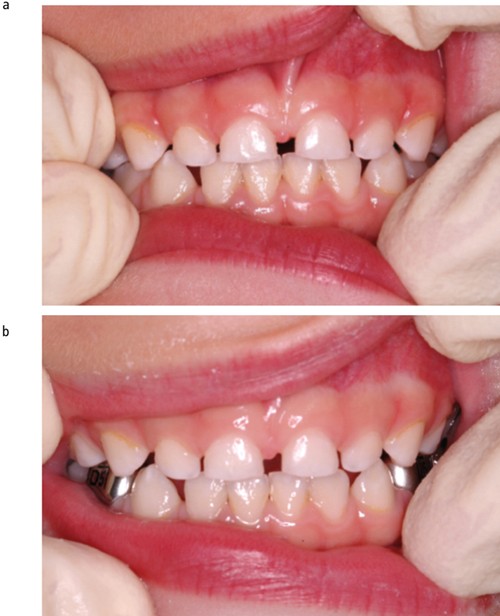
This workshop is designed to provide participants with a detailed and practical understanding of the fundamental maneuvers used in laparoscopic surgery. Participants will have the opportunity to learn and practice essential techniques such as the insertion and manipulation of laparoscopic instruments, tissue mobilization, precise dissection, and suturing in a laparoscopic environment.
Through a blend of theoretical presentations and hands-on sessions on simulation models, participants will gain knowledge and practical skills to perform basic laparoscopic maneuvers efficiently and accurately. Additionally, aspects related to safety and complication avoidance during these procedures will be discussed.
The workshop is intended for both trainee surgeons and experienced surgeons looking to enhance their skills in laparoscopic surgery. By participating in this workshop, they will have the opportunity to solidify their knowledge and gain confidence in performing essential laparoscopic maneuvers, thereby contributing to the improvement of surgical practice and patient outcomes.

This workshop focuses on imparting comprehensive knowledge and practical skills related to the techniques involved in dental implant insertion, as well as the crucial aspects of knots and sutures. Participants will gain insights into the intricate process of placing dental implants, including pre-operative assessment, surgical techniques, and post-operative care. Additionally, the workshop will cover the fundamentals of knot tying and suturing techniques essential for successful wound closure and tissue healing. Through interactive sessions and hands-on practice, participants will enhance their proficiency in dental implant procedures and surgical suturing, ensuring optimal outcomes for patients undergoing implant treatment.
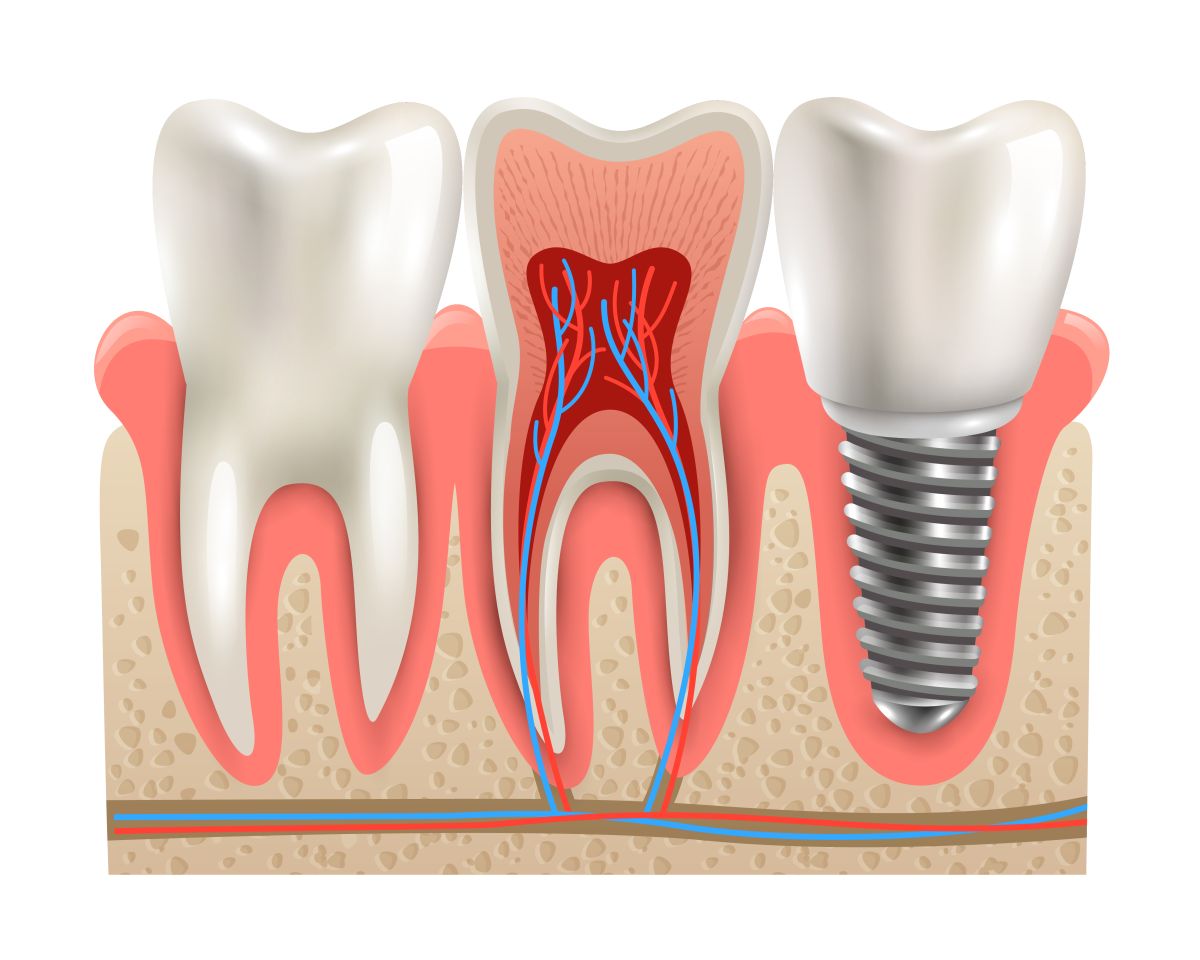
Theoretical presentation of the technology of photodynamic therapy, description of the ”Helbo” laser device, parameters, effects, advantages of the technology, steps of the actual procedure (PowerPoint). Practical demonstration on Perio typodont. Performing the procedure by each participant on a Perio typodont. Questions and answers session, summary discussions by the coordinator.
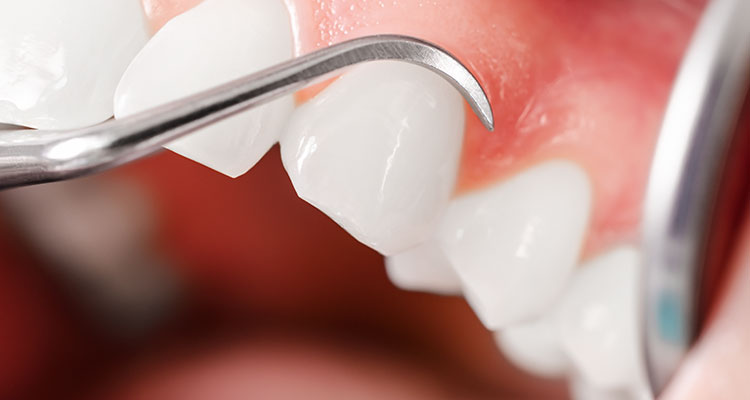
The workshop "Methods of Dental Caries Prevention in Various Clinical Situations" provides participants with the opportunity to learn effective preventive strategies tailored to different situations encountered in dental practice. By exploring mechanisms and risk factors, participants will develop practical skills in applying prevention techniques, thereby contributing to improving oral health within the community.
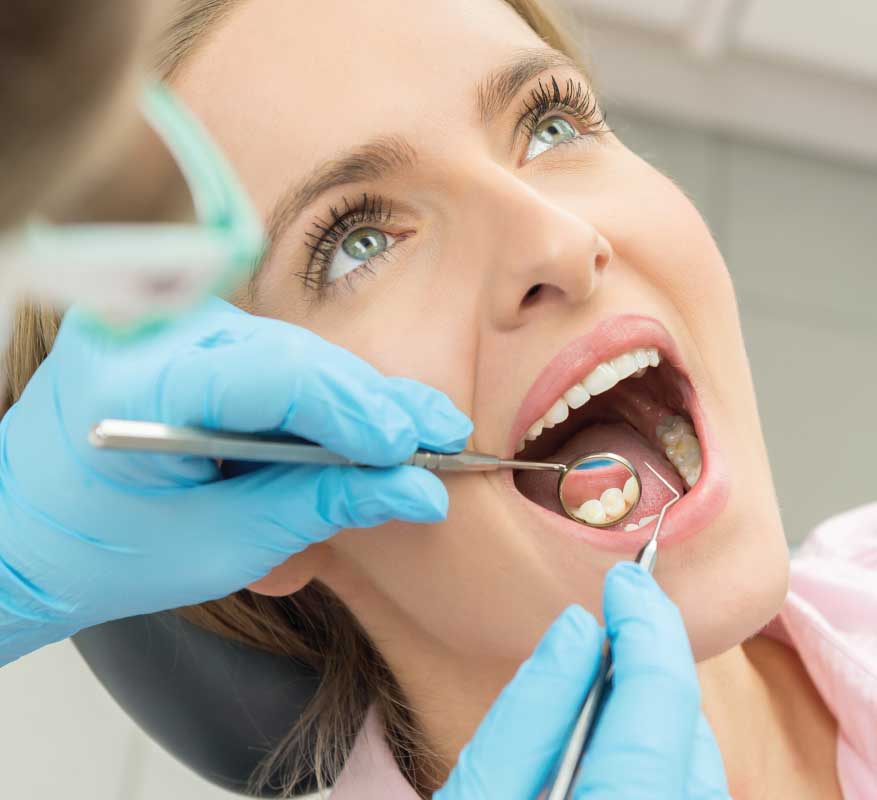
The LifeSaver workshop on CPR and Defibrillation is a hands-on training session designed to equip participants with life-saving skills in cardiopulmonary resuscitation (CPR) and the use of automated external defibrillators (AEDs). This workshop aims to empower individuals to respond effectively in emergency situations and potentially save lives.
Through interactive demonstrations, practical exercises, and simulated scenarios, participants will learn the principles and techniques of CPR, including chest compressions, rescue breaths, and the use of AEDs. They will have the opportunity to practice these skills on manikins under the guidance of experienced instructors, allowing them to gain confidence and proficiency in performing CPR and using AEDs.
The workshop will also cover important topics such as recognizing cardiac arrest, activating emergency medical services (EMS), and coordinating with bystanders in a resuscitation effort. Participants will learn how to assess the victim's condition, provide timely interventions, and prioritize actions to optimize outcomes.
Furthermore, the workshop will emphasize the importance of teamwork, communication, and maintaining composure under pressure during resuscitation efforts. Participants will also receive guidance on post-resuscitation care and the importance of debriefing after a resuscitation attempt.
This workshop is suitable for healthcare professionals, first responders, lifeguards, teachers, caregivers, and anyone interested in learning essential life-saving skills. By participating in this workshop, individuals will be better prepared to respond to cardiac emergencies in various settings and contribute to improving survival rates for victims of sudden cardiac arrest.

The Workshop on Diagnostic Methods in Gynecology offers a comprehensive learning experience designed to enhance participants' understanding and proficiency in the diagnostic techniques used in the field of gynecology. This workshop provides an in-depth exploration of various diagnostic modalities and their applications in the evaluation and management of gynecological conditions.
Through a combination of didactic lectures, interactive discussions, and hands-on practical sessions, participants will gain practical insights into the use of diagnostic tools such as ultrasound imaging, colposcopy, hysteroscopy, and cytology. The workshop will cover the principles of each diagnostic method, indications for their use, interpretation of findings, and implications for patient care.
Moreover, participants will have the opportunity to refine their skills in performing diagnostic procedures under the guidance of experienced faculty members. Case-based discussions and simulation exercises will allow participants to apply their knowledge in real-world clinical scenarios and develop confidence in their diagnostic abilities.
In addition to technical skills, the workshop will address important considerations related to patient communication, ethical practices, and interdisciplinary collaboration in gynecological diagnosis. Participants will also learn about emerging technologies and advancements in diagnostic techniques, ensuring they stay abreast of the latest developments in the field.
This workshop is intended for obstetricians, gynecologists, residents in training, and other healthcare professionals involved in the care of women's health. By participating in this workshop, participants will acquire the knowledge and skills necessary to perform accurate and effective diagnostic evaluations in gynecology, ultimately improving patient outcomes and quality of care.

The Workshop on Coronary Angiography offers an immersive learning experience designed to enhance participants' understanding and proficiency in this essential diagnostic procedure. This workshop provides a comprehensive overview of the principles, techniques, and clinical applications of coronary angiography.
Through a combination of didactic lectures, case discussions, and hands-on practice sessions, participants will learn how to perform coronary angiography effectively and interpret angiographic images accurately. The workshop covers various aspects of the procedure, including patient selection, vascular access, catheter manipulation, contrast administration, and image acquisition.
Moreover, participants will gain insights into the interpretation of angiographic findings and the significance of coronary artery anatomy in the context of coronary artery disease (CAD). Emphasis will be placed on recognizing common angiographic patterns associated with different types of CAD and understanding their clinical implications.
In addition to technical skills, the workshop will address important considerations related to patient safety, radiation protection, and procedural complications. Participants will also have the opportunity to discuss challenging cases and receive guidance from experienced faculty members.
This workshop is intended for interventional cardiologists, cardiac surgeons, fellows in training, and other healthcare professionals involved in the care of patients with cardiovascular disease. By attending this workshop, participants will acquire the knowledge and skills necessary to perform coronary angiography competently and contribute to improved patient outcomes in the management of CAD.

This workshop is designed to provide participants with a comprehensive understanding of obstructive sleep apnea (OSA), focusing on diagnosis and treatment. Participants will explore diagnostic techniques and criteria, including the use of cardio-respiratory polysomnography, and learn about treatment options, with an emphasis on non-invasive ventilation. Through practical presentations, interactive discussions, and hands-on exercises, the workshop aims to equip participants with practical skills and knowledge that they can apply in managing OSA in daily clinical practice.
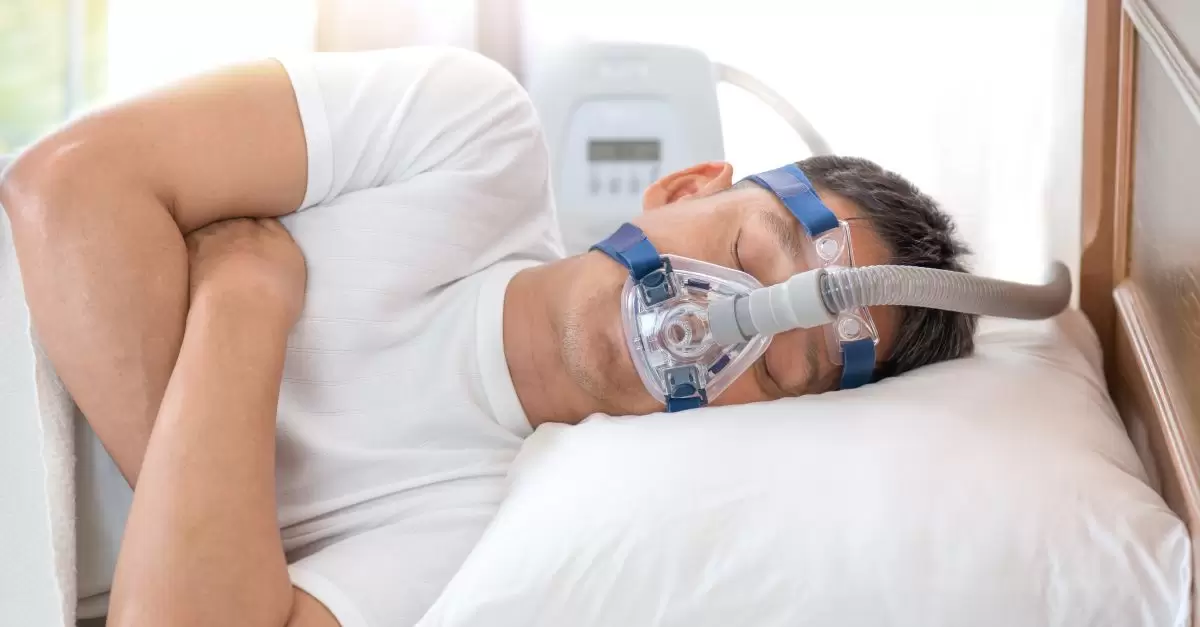
This workshop is designed to provide participants with a comprehensive understanding of obstructive sleep apnea (OSA), focusing on diagnosis and treatment. Participants will explore diagnostic techniques and criteria, including the use of cardio-respiratory polysomnography, and learn about treatment options, with an emphasis on non-invasive ventilation. Through practical presentations, interactive discussions, and hands-on exercises, the workshop aims to equip participants with practical skills and knowledge that they can apply in managing OSA in daily clinical practice.

Drug Interactions and Incompatibilities
It is often tempting to mix two or more drugs in one syringe or one vial. Incompatibility of drugs when mixed is often detected due to gas formation or color detection. Nutrient incompatibilities between drugs are dangerous. Knowledge of the facts of the chemical composition of the product, the specific acid-base balance associated with ionization/non-ionization and water solubility, as well as the results of pH measurements and chemical ranges established in USP monographs and product labels provides the basis for drug incompatibility examination. Caution should be exercised when disposing of injection solutions, especially when solid drugs with opposite charges act in relatively high concentrations or when dilution of non-ionized dosage forms results in pH values greater than 1%.

Workshop: Medicinal plants with essential oils in phytotherapy from the collection of the SPCMP of the Nicolae Testemitanu SUMPh - aims to familiarize students with the diversity of species rich in essential oils from the collection of the Scientific Practical Center of Medicinal Plants of the Nicolae Testemitanu SUMPh, with the techniques of harvesting, identification of plant products and obtaining infusions rich in essential oils.
At the same time, an assortment of essential oils will be analysed according to organoleptic characteristics (colour, odour, transparency, taste); determination of numerical indices (refractive index) according to pharmacopoeia requirements. The extraction techniques of essential oils and phytotherapeutic products will be evaluated

The workshop will teach the methodology for calculating antibiotic consumption, using as a tool: the DDD (Defined Daily Dose), which is the standard unit of measurement recommended by the World Health Organization for research studies on drug use. Knowledge of this methodology is imperative, as pharmacists are integral to the accurate calculation and application of Defined Daily Doses. Their involvement in drug information management, collaboration with healthcare providers, monitoring of medication utilization, and commitment to quality assurance contribute to the reliability and usefulness of DDD data in healthcare settings.

Acest workshop se concentrează pe aplicarea inovatoare a tehnologiei realității virtuale (RV) în planificarea procedurală a implantării valvei aortice transcatetere (TAVI). Participanții vor explora utilizarea RV pentru a îmbunătăți pregătirea pre-procedurală, precizia chirurgicală și rezultatele pacientului în procedurile TAVI.
Prin intermediul acestui workshop, participanții vor:
1. Obține cunoștințe despre cele mai recente avansuri în tehnologia RV și integrarea sa în planificarea procedurală a TAVI.
2. Explora simulările virtuale ale anatomiei cardiace specifice pacientului pentru a facilita vizualizarea și planificarea cuprinzătoare a procedurii.
3. Învăța cum RV poate ajuta la identificarea rutelor optime de acces, dimensionarea valvei și poziționarea dispozitivului pentru procedurile TAVI.
4. Înțelege beneficiile potențiale ale planificării procedurale ghidate de RV în îmbunătățirea siguranței pacientului, reducerea complicațiilor procedurale și îmbunătățirea ratei generale de succes a procedurii.
Condus de experți în cardiologie intervențională și simulare medicală, acest workshop oferă participanților o experiență de învățare practică pentru a valorifica puterea RV în planificarea procedurală a TAVI. Participanții vor dobândi abilități practice și cunoștințe esențiale pentru utilizarea tehnologiei RV în îmbunătățirea preciziei procedurale și a îngrijirii pacienților în domeniul cardiologiei intervenționale.
Acest workshop este destinat cardiologilor intervenționali, chirurgilor cardiologi, radiologilor cardiovasculari, inginerilor de dispozitive medicale și altor profesioniști din domeniul sănătății interesați de integrarea tehnologiei RV în planificarea procedurală a TAVI. Prin participarea la acest workshop, participanții vor obține cunoștințe valoroase despre utilizarea RV pentru optimizarea procedurală și vor contribui la avansarea procedurilor TAVI pentru rezultate mai bune ale pacientului.
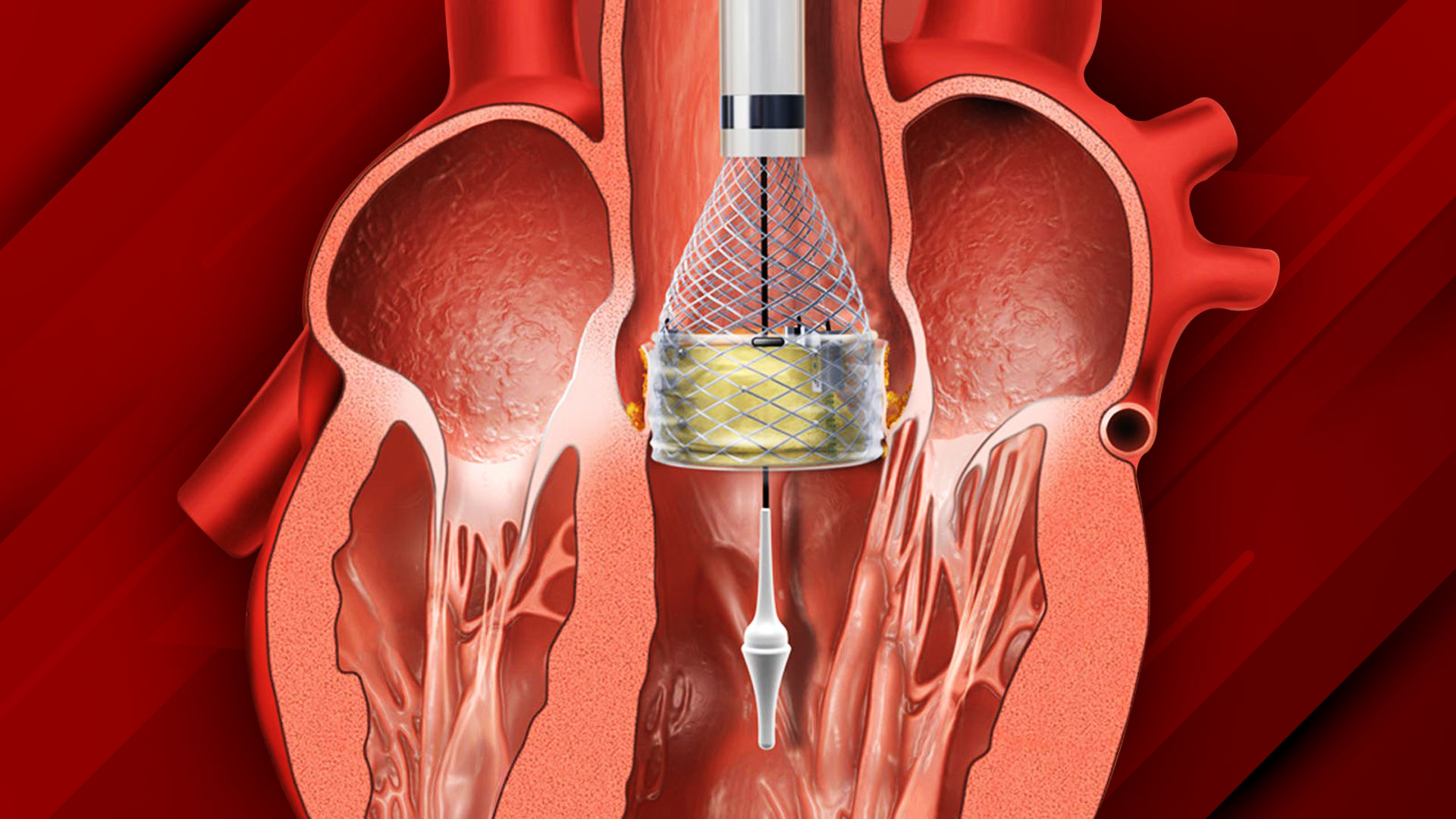
This workshop focuses on the innovative application of virtual reality (VR) technology in the procedural planning of transcatheter aortic valve implantation (TAVI). Participants will delve into the utilization of VR to enhance pre-procedural preparation, improve surgical precision, and optimize patient outcomes in TAVI procedures.
Through this workshop, participants will:
- Gain insights into the latest advancements in VR technology and its integration into TAVI procedural planning.
- Explore virtual simulations of patient-specific cardiac anatomy to facilitate comprehensive procedural visualization and planning.
- Learn how VR can assist in identifying optimal access routes, valve sizing, and device positioning for TAVI procedures.
- Understand the potential benefits of VR-guided procedural planning in improving patient safety, reducing procedural complications, and enhancing overall procedural success rates.
Led by experts in interventional cardiology and medical simulation, this workshop offers participants a hands-on learning experience to harness the power of VR for procedural planning in TAVI. Participants will acquire practical skills and knowledge essential for leveraging VR technology to advance procedural precision and patient care in the field of interventional cardiology.
This workshop is designed for interventional cardiologists, cardiac surgeons, cardiovascular radiologists, medical device engineers, and other healthcare professionals interested in incorporating VR technology into TAVI procedural planning. By attending this workshop, participants will gain valuable insights into the use of VR for procedural optimization and contribute to the advancement of TAVI procedures for better patient outcomes.

Students of the Faculty of Pharmacy, study years III, IV, V, and residents will study the concept of therapeutic dose in more detail which is an important element in the rational use of the drug in outpatient settings, predominantly of medicines that are indicated for risk categories of patients, such as children. The workshop focuses on the presentation of the methods for calculating the doses by the patient's characteristics, which will be put into practice in the form of case studies. The duration of the workshop is 2 hours and will take place in the pharmaceutical museum, Vasile Procopișin Department of Social Pharmacy, 2nd floor, N. Testemițanu Street,
no. 22 (on the premises of the Vasile Procopișin University Pharmaceutical Center)
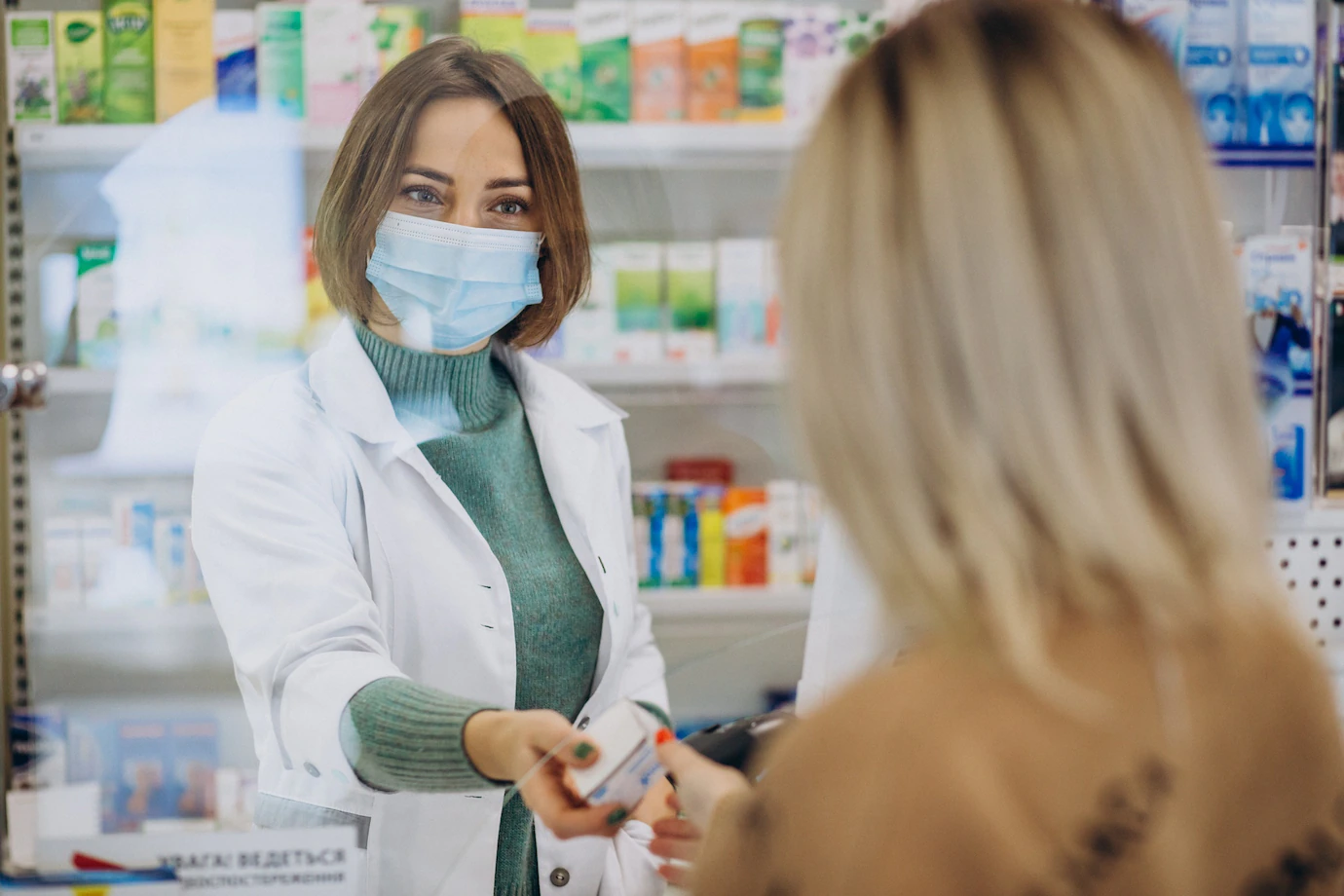
Acquiring laboratory techniques for the preparation of tablets and hard gelatin capsules containing rivaroxaban. Argumentation of the selection of auxiliary substances resulting from the physico-chemical properties of the active substance and the manufacturing method.

Familiarization of students with domestic and imported dermato-cosmetic preparations, currently present in pharmacies in the Republic of Moldova, used to treat skin diseases.
Knowledge of dermato-preparations from the "Vasile Procopișin" University Pharmaceutical Center and preparation of soft magistral pharmaceutical forms, according to the prescriptions of doctors from medical institutions in the country.

The story of women of childbearing age with immune-mediated rheumatic disorders is one of unique challenges, resilience, and the importance of specialized care. These disorders, such as rheumatoid arthritis, systemic lupus erythematosus, and others, not only affect the women who live with them but also intersect with their reproductive health.
For these women, managing their condition becomes more complex due to the potential impact on fertility, pregnancy, and the health of both the mother and the baby. Immune-mediated rheumatic disorders can affect fertility through various mechanisms, including the disease process itself, medications used to manage the condition, and associated comorbidities.
Pregnancy presents additional considerations and risks. Women with these disorders may experience fluctuations in disease activity during pregnancy, with potential implications for both maternal and fetal health. Additionally, certain medications commonly used to manage rheumatic disorders may need to be adjusted or discontinued during pregnancy to minimize potential harm to the developing fetus.
The story of these women underscores the need for comprehensive
